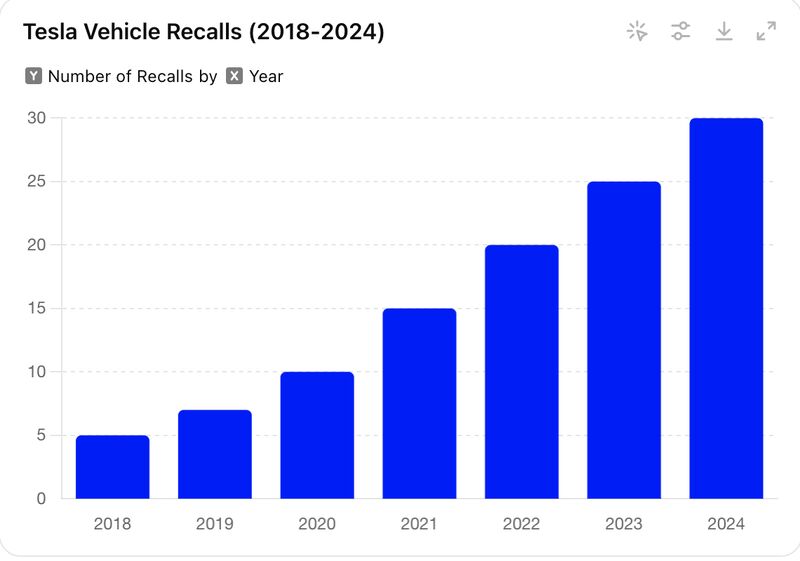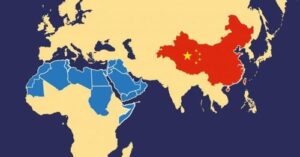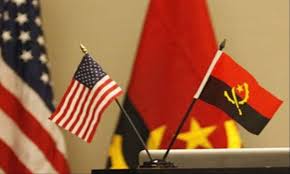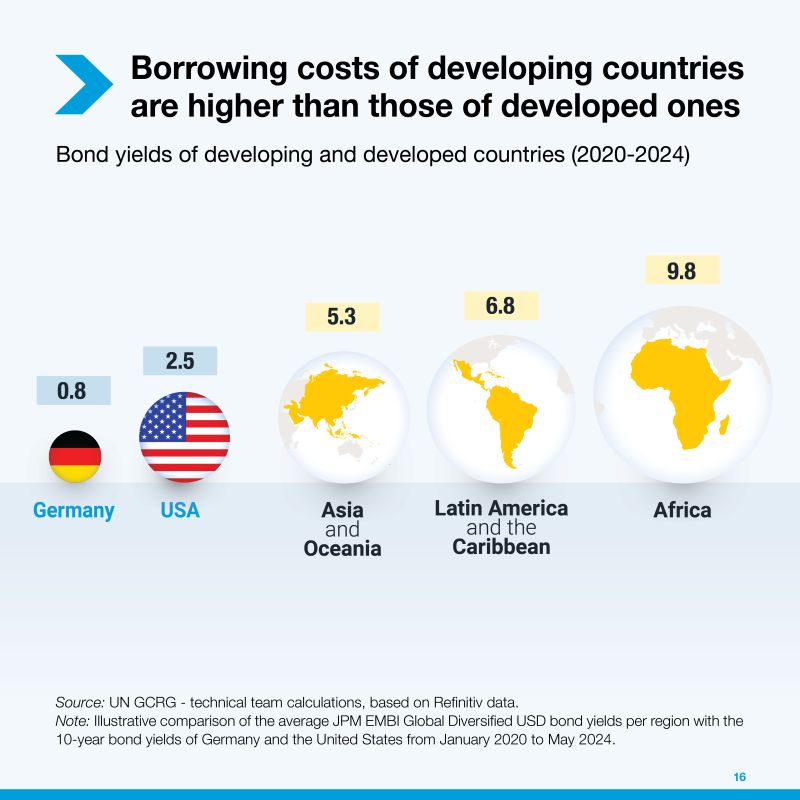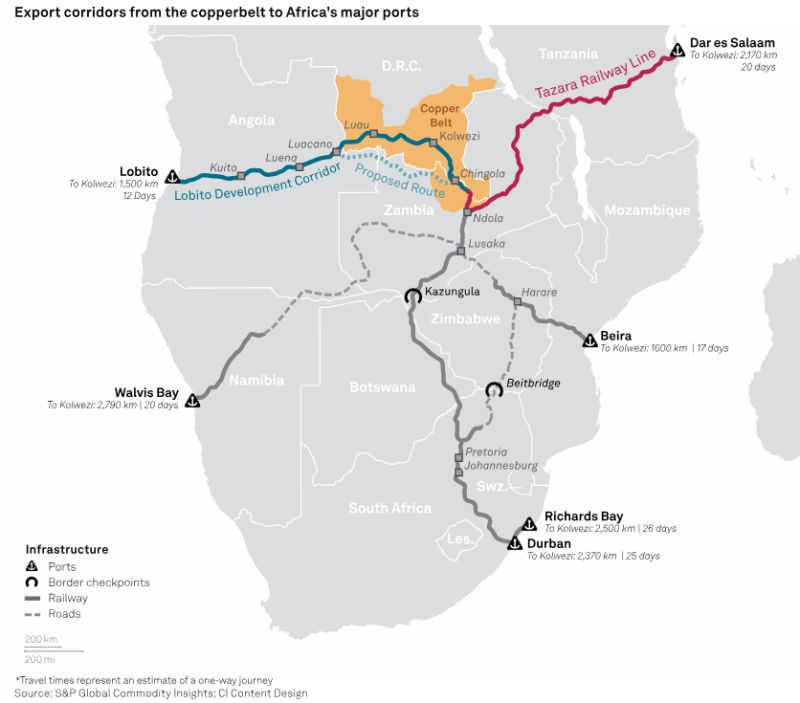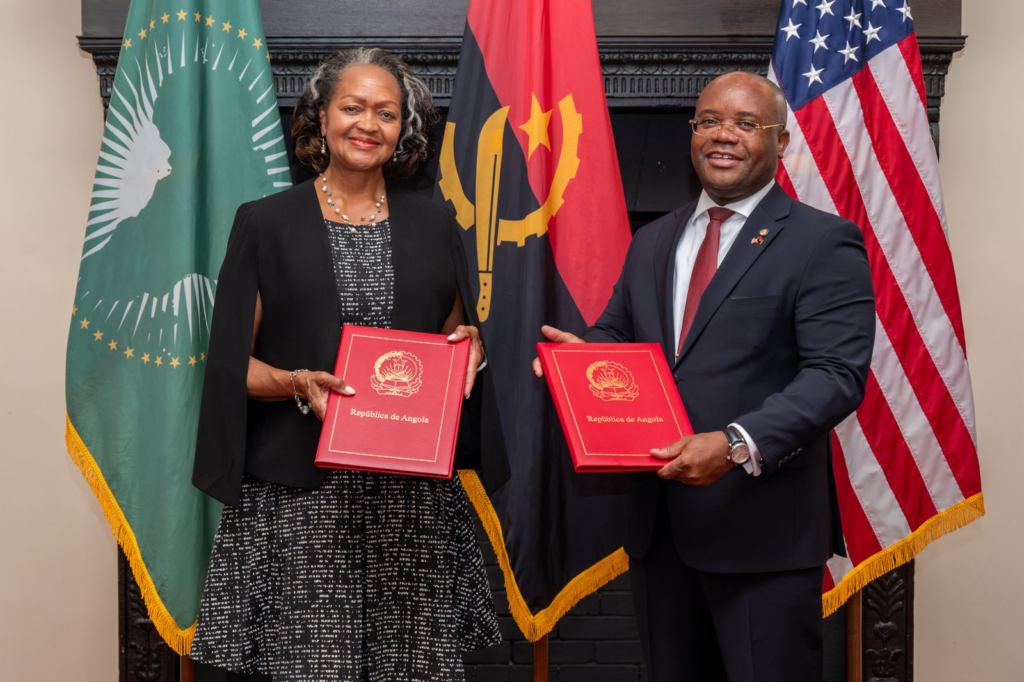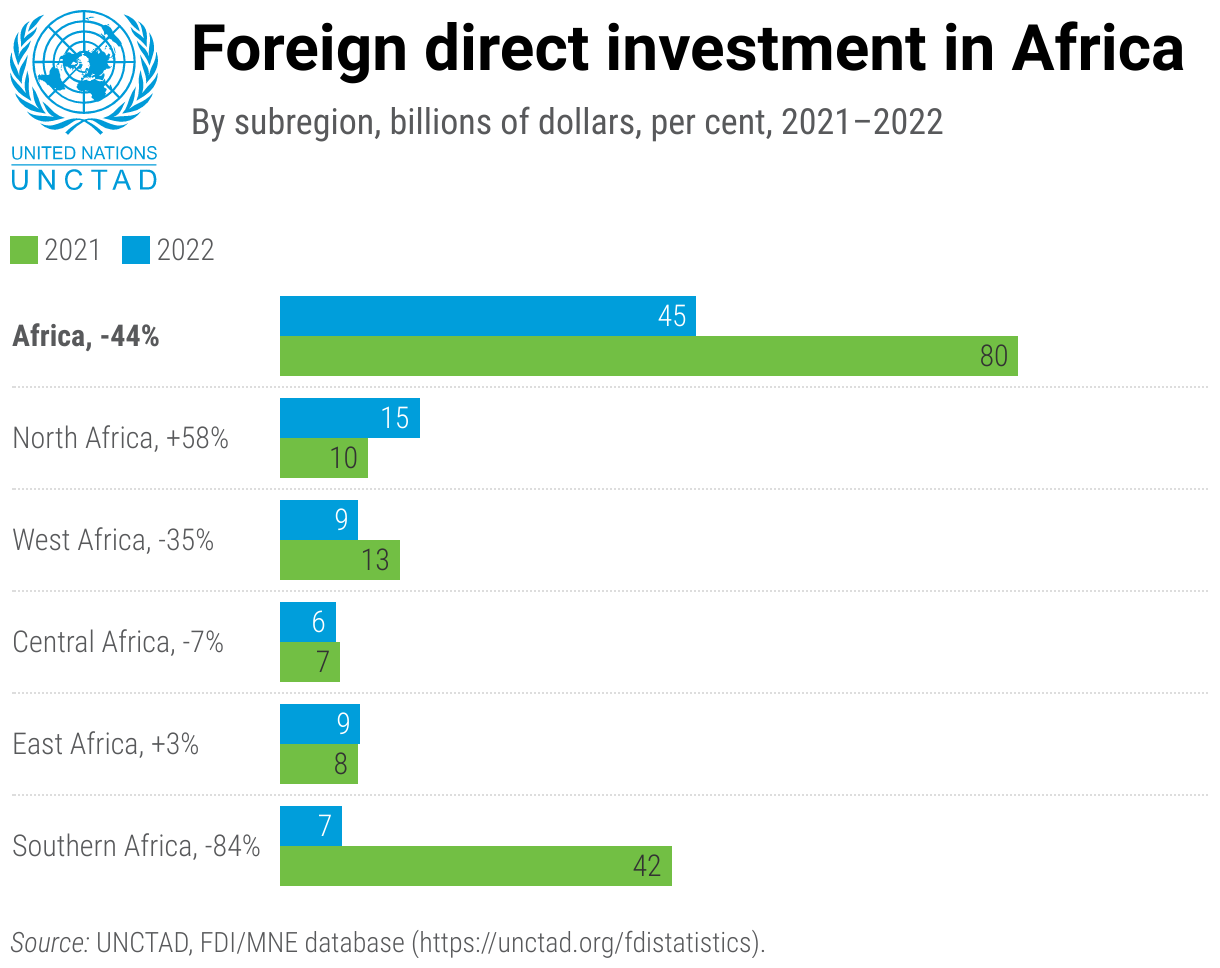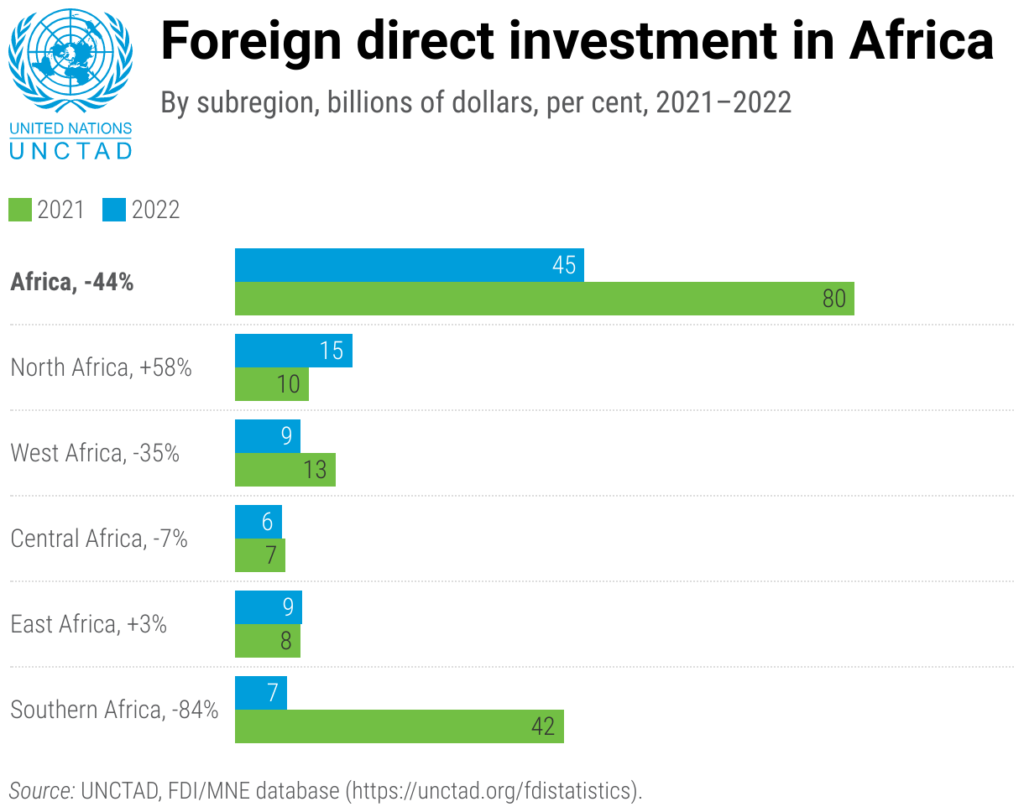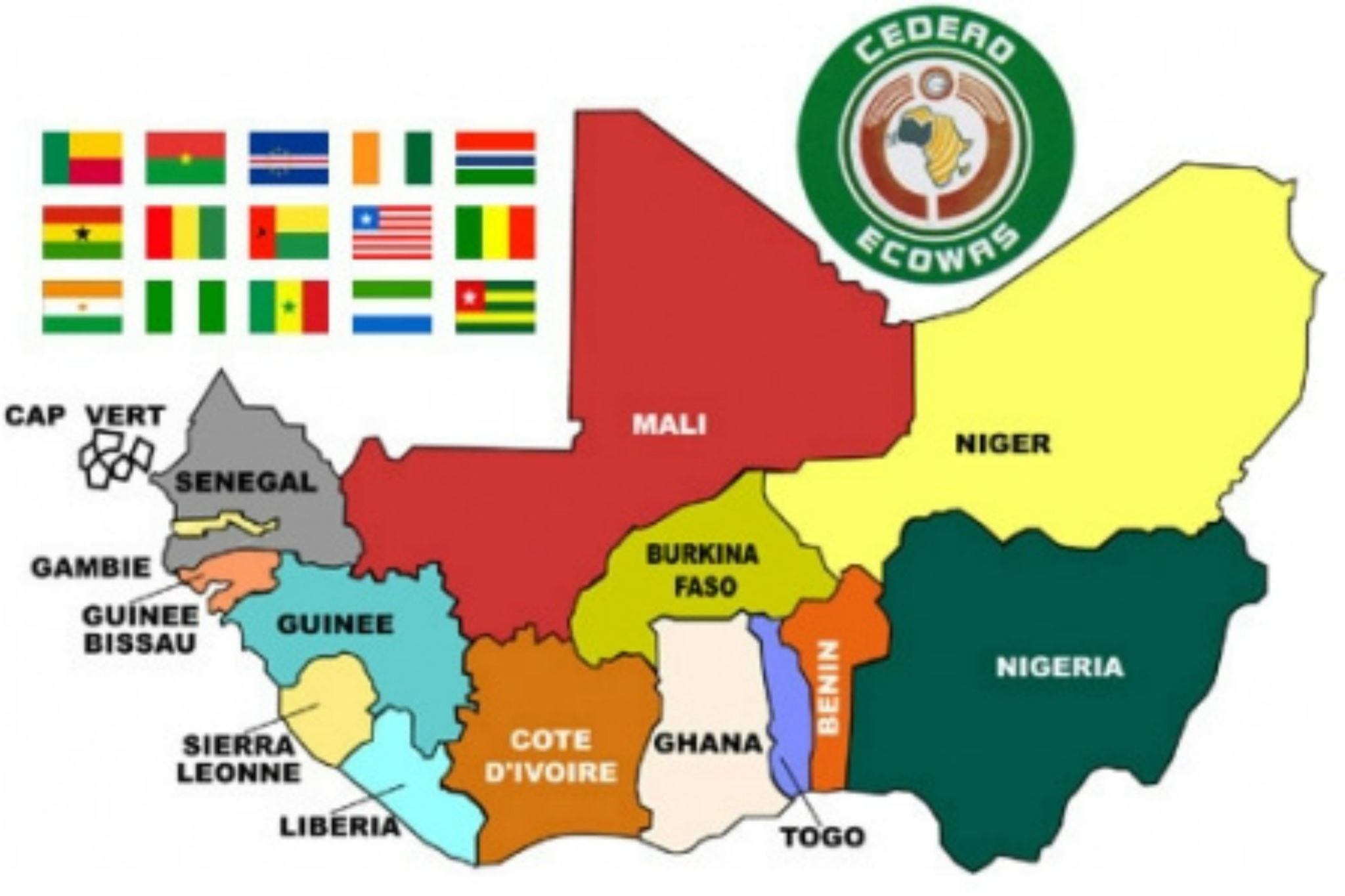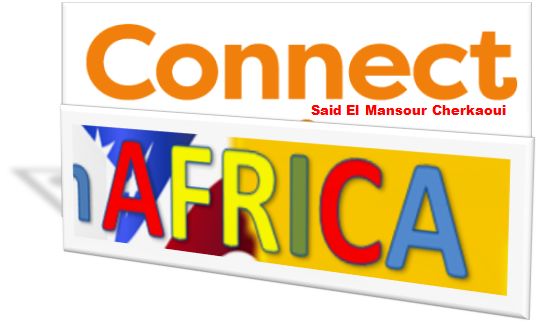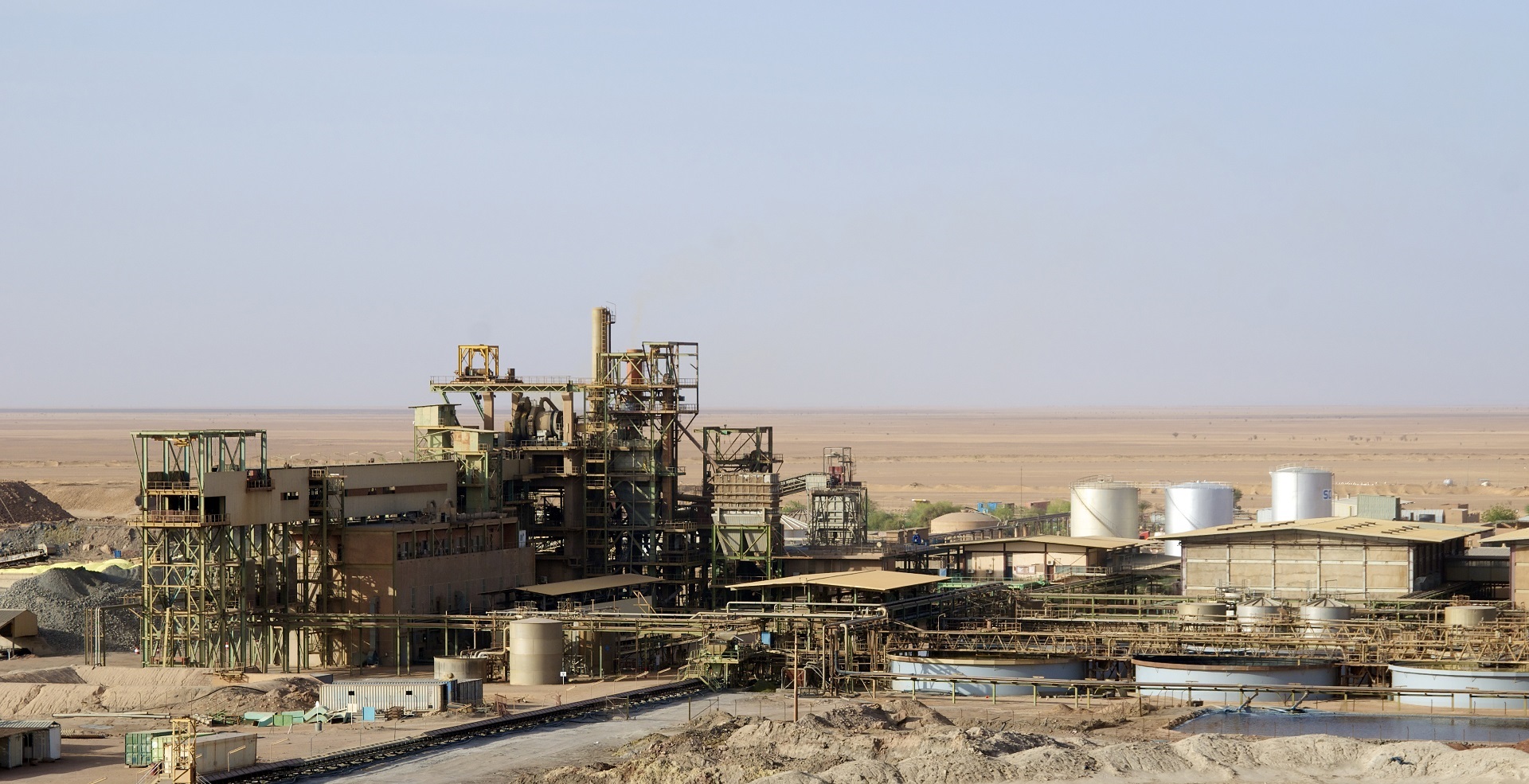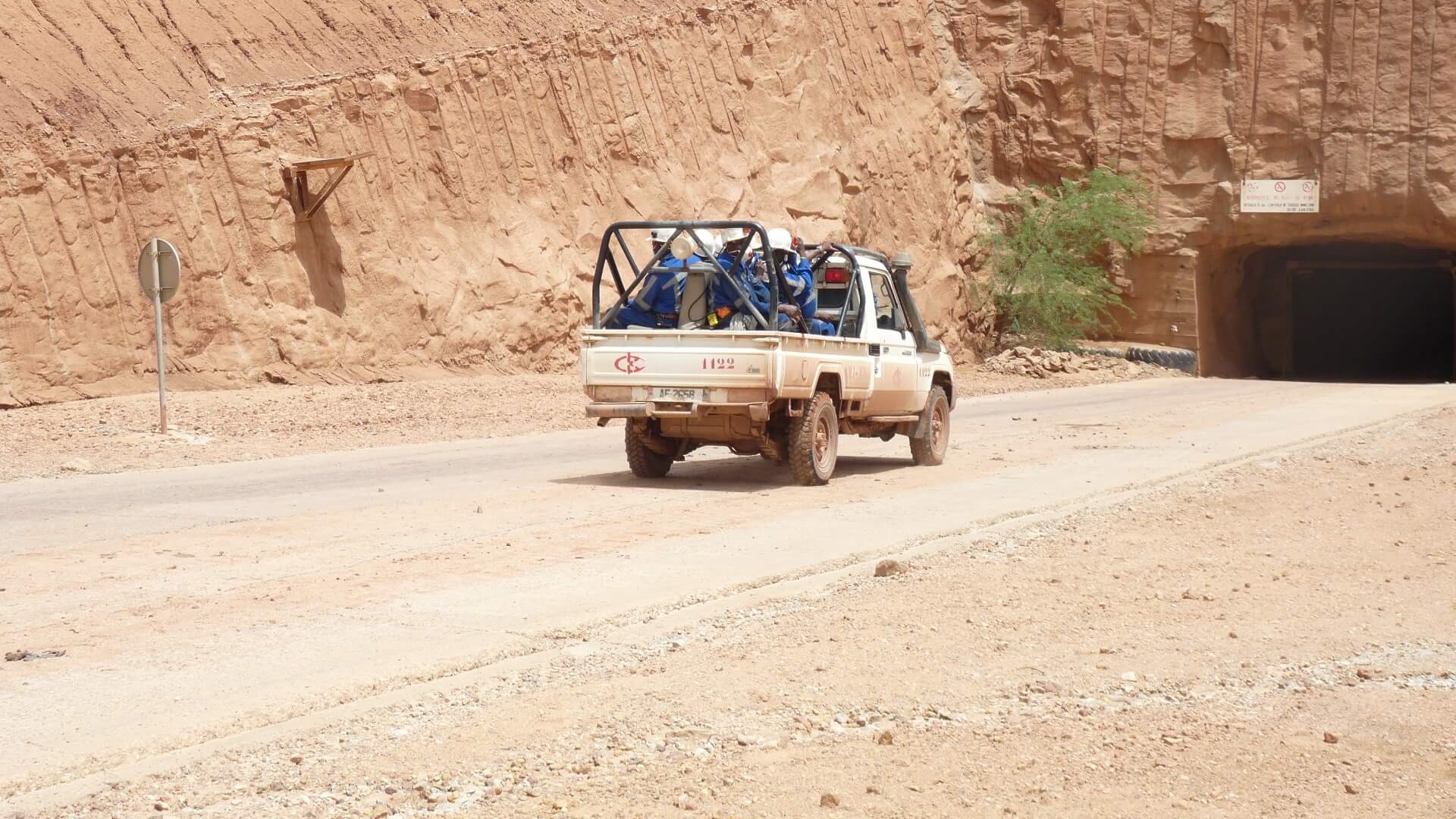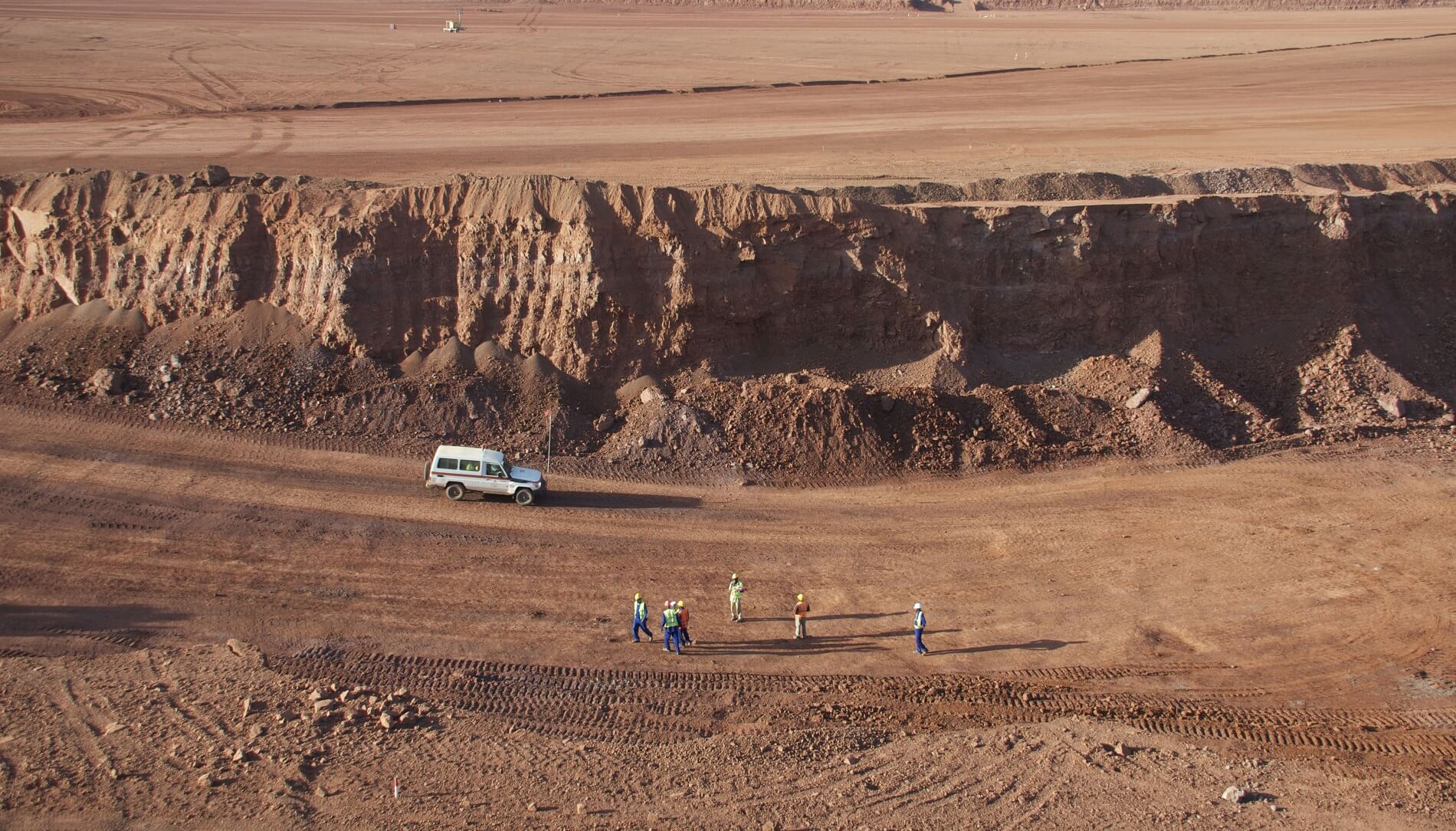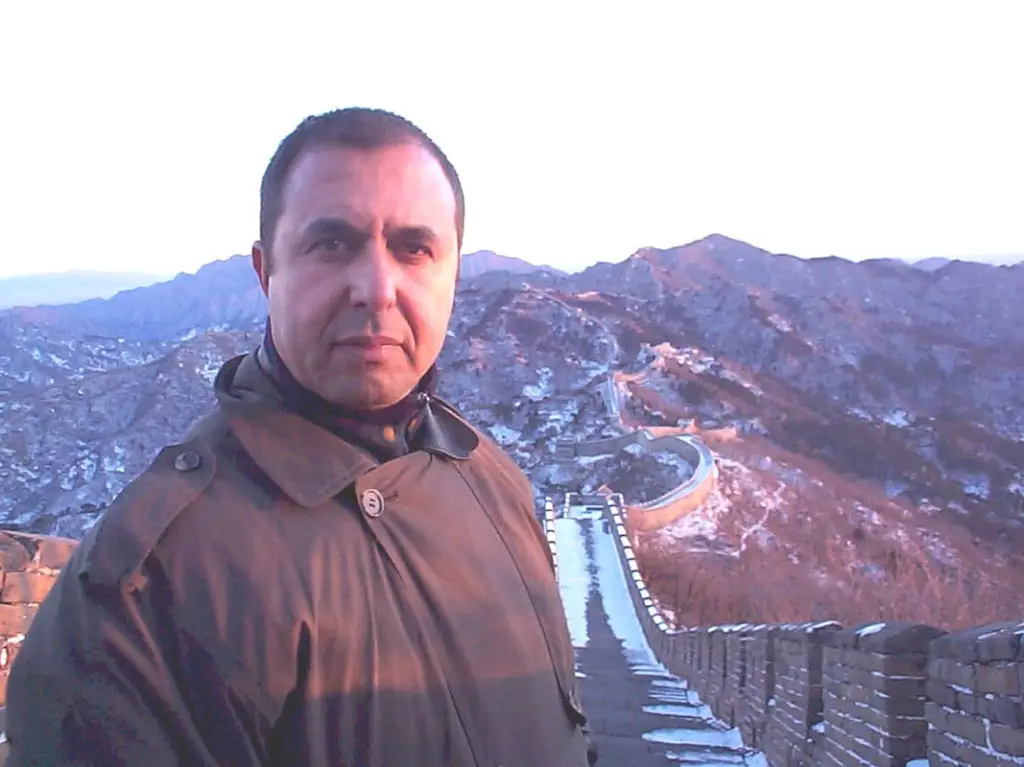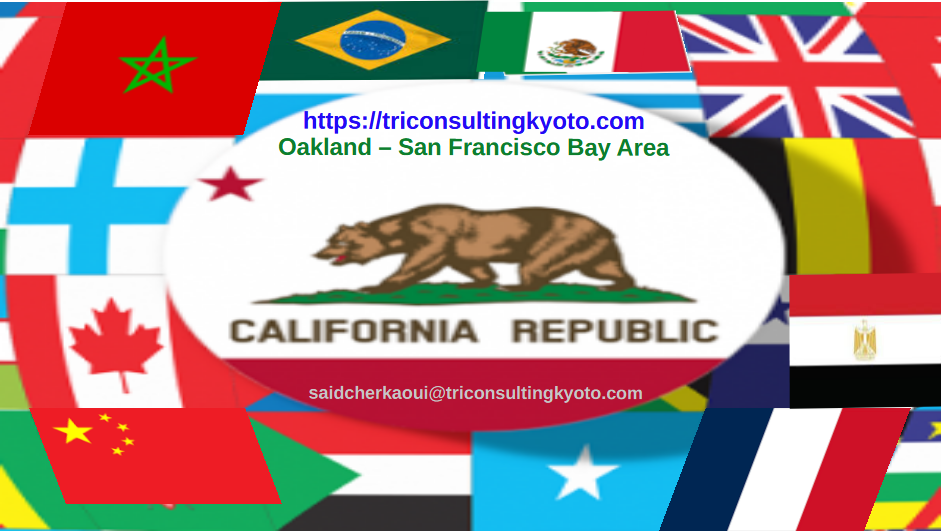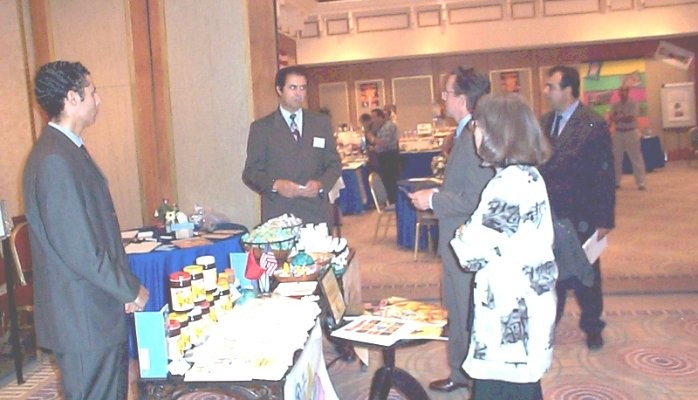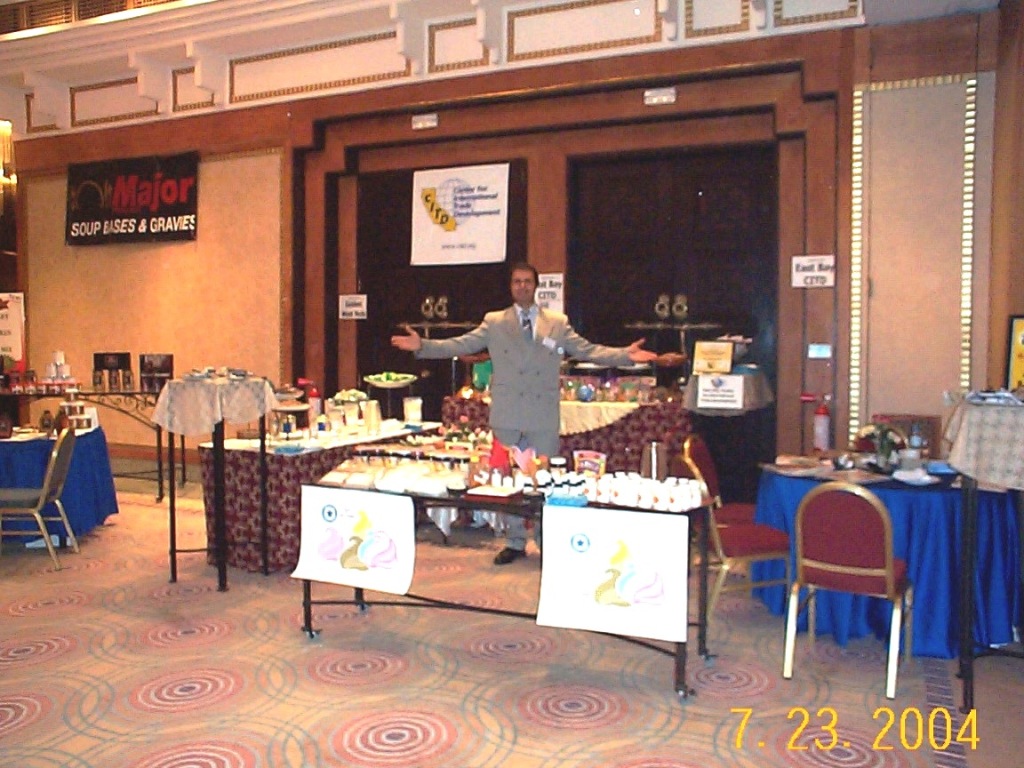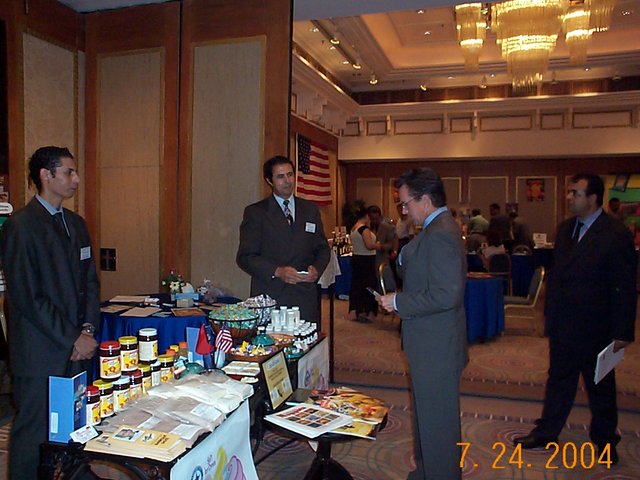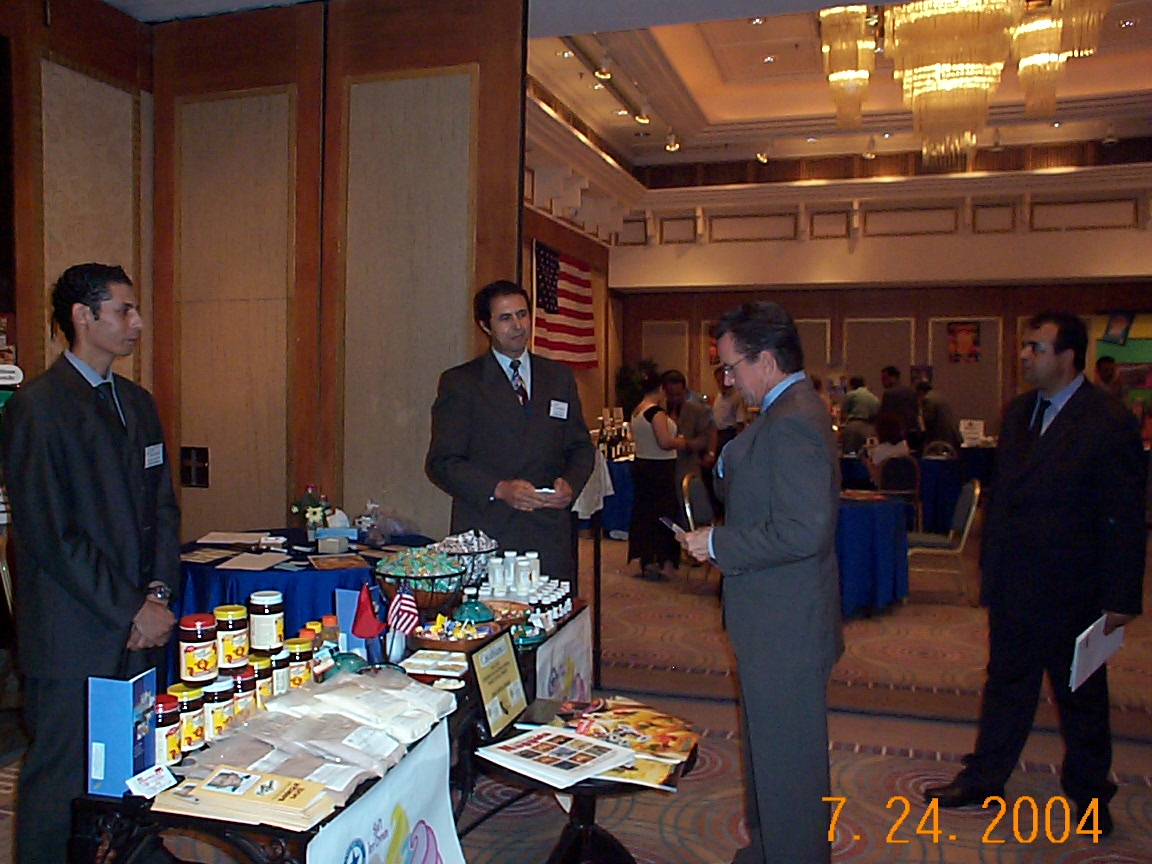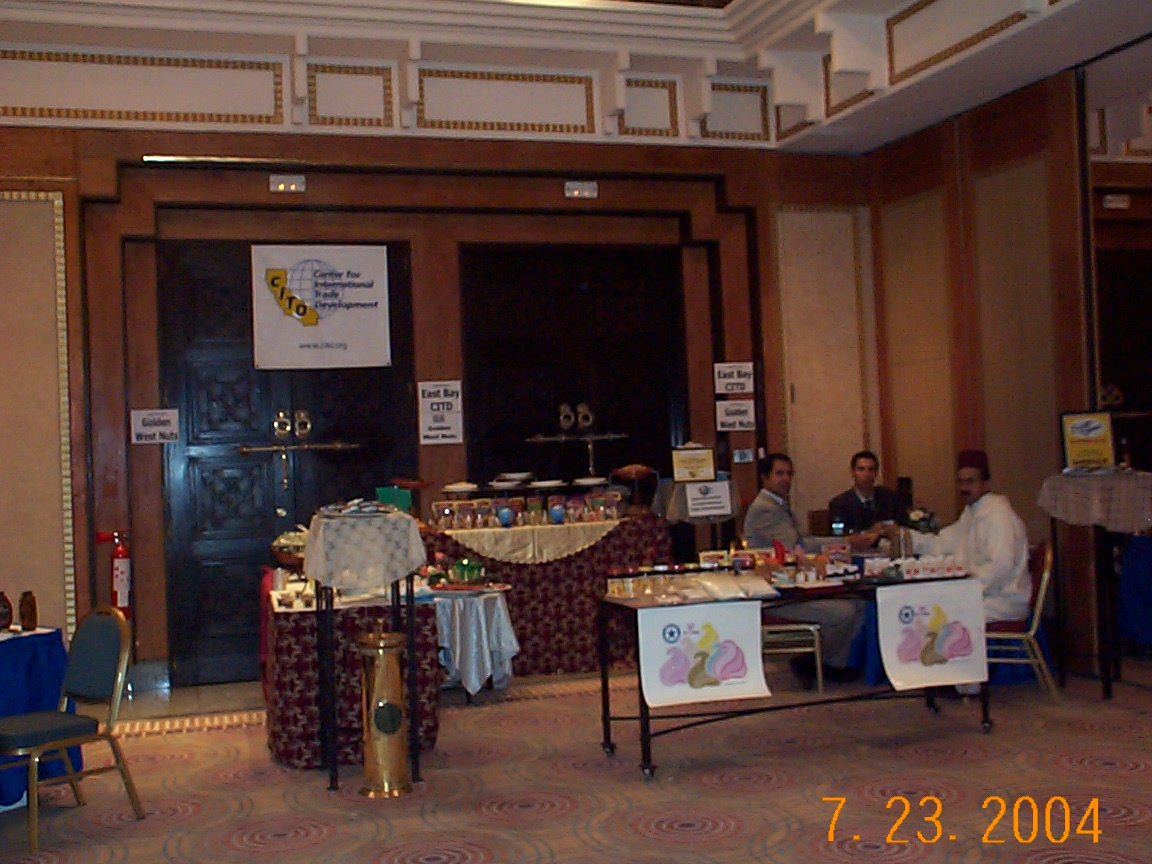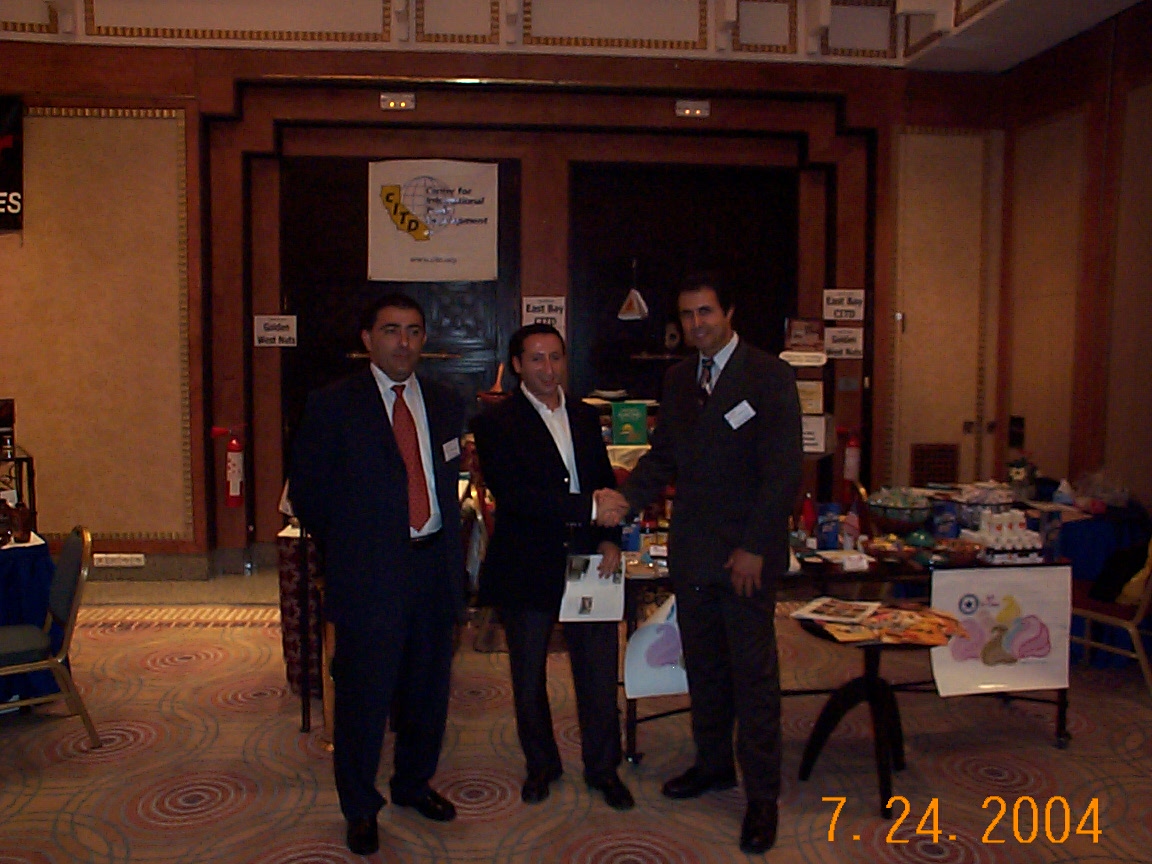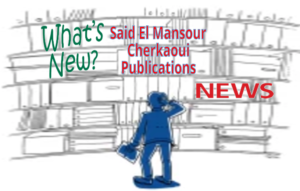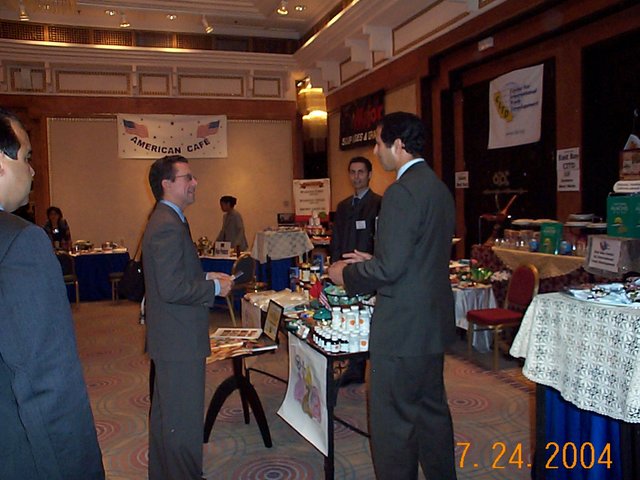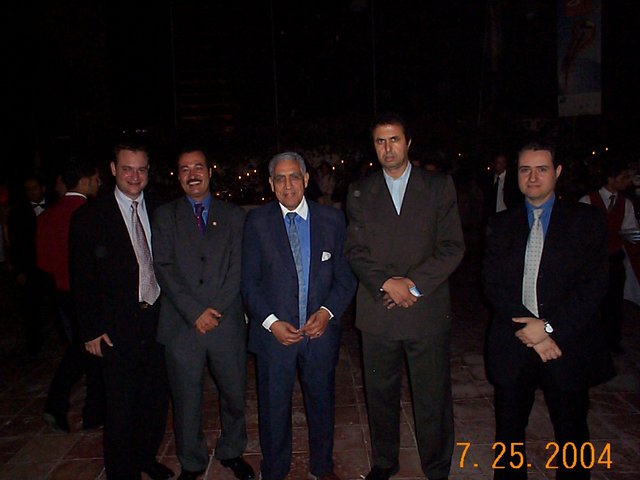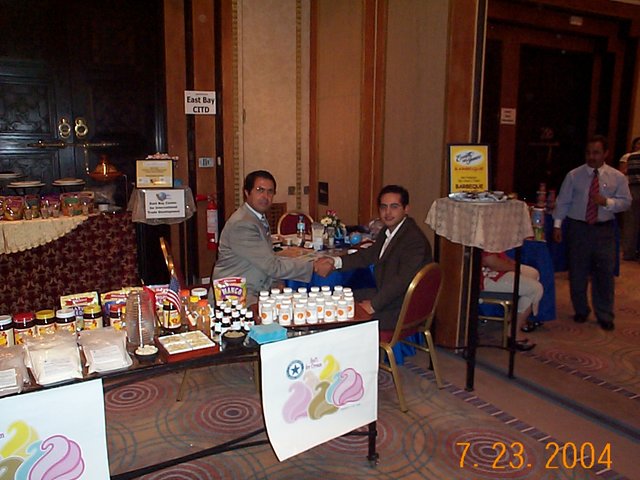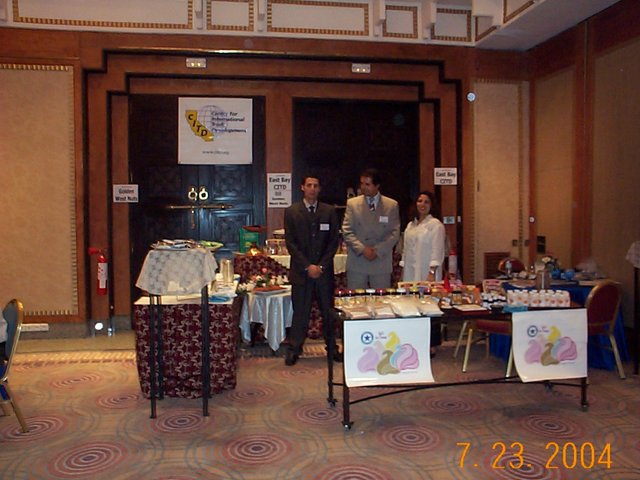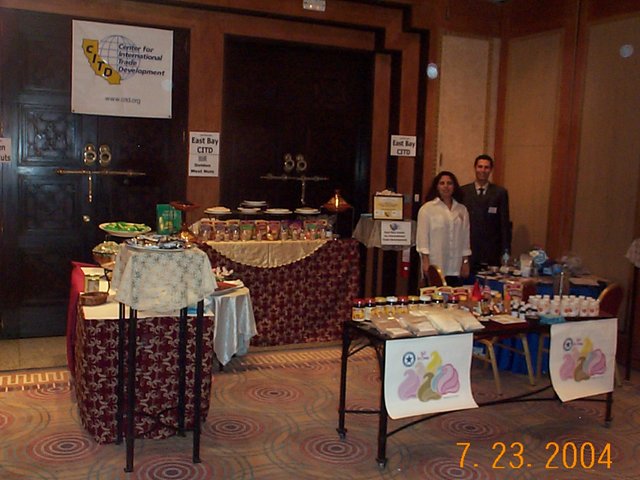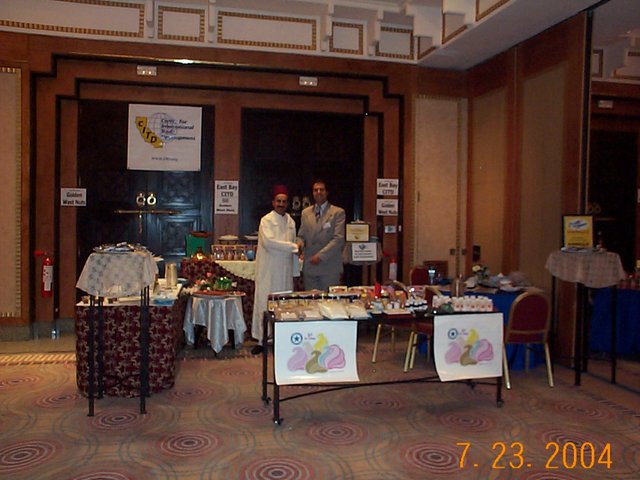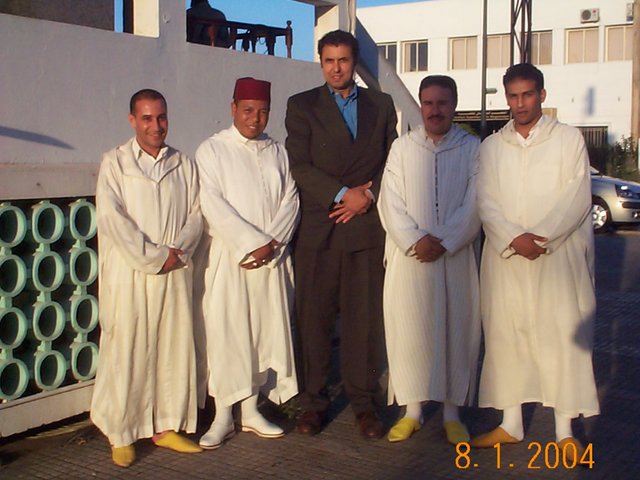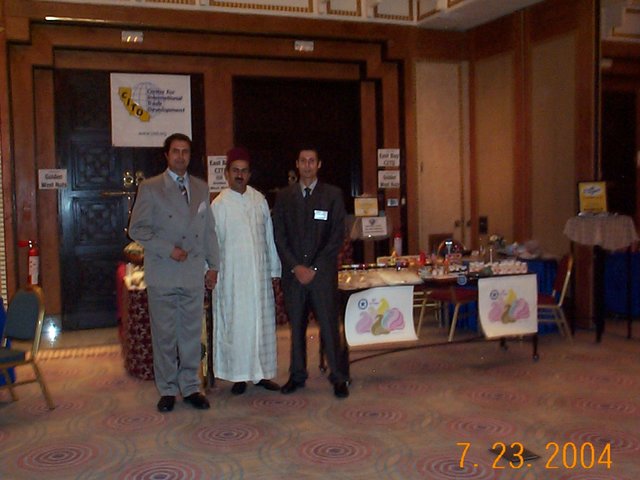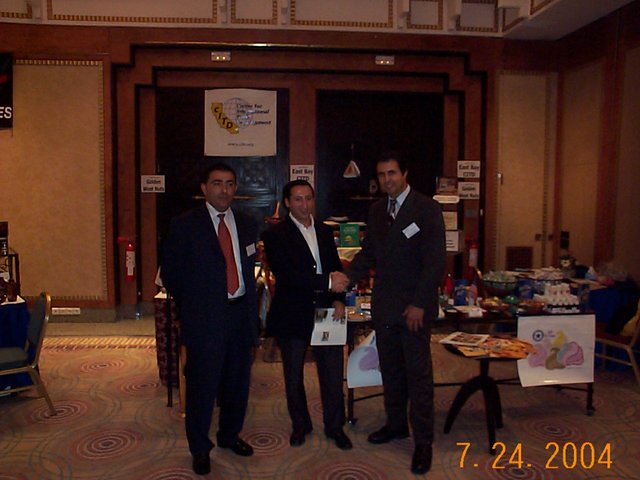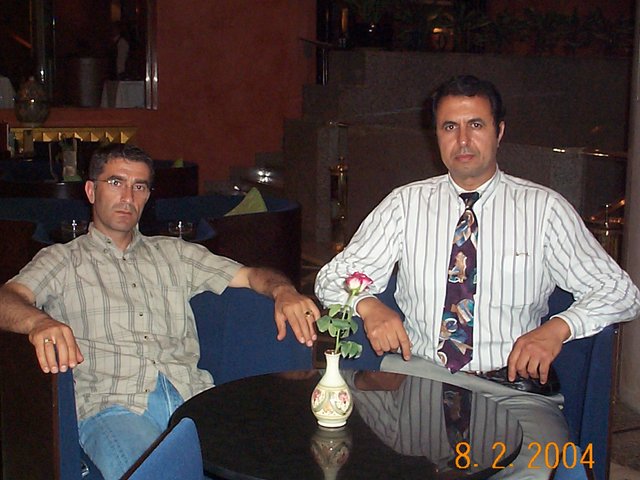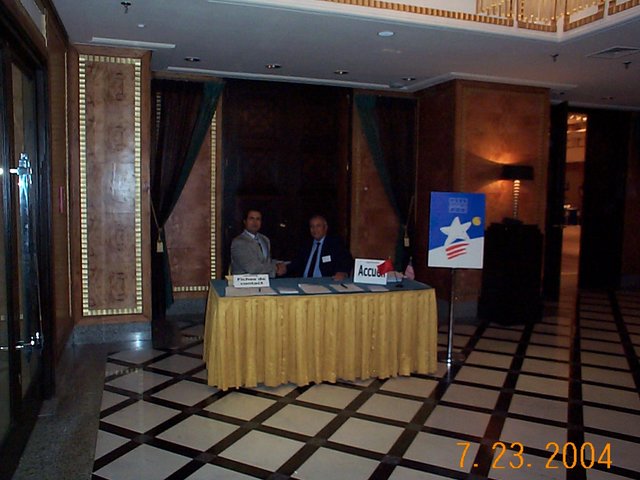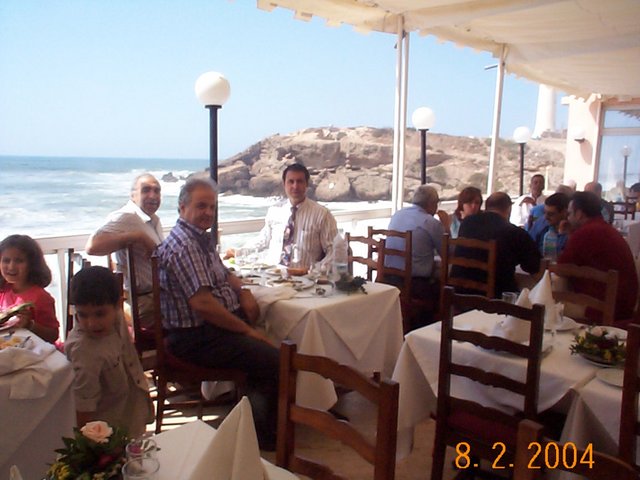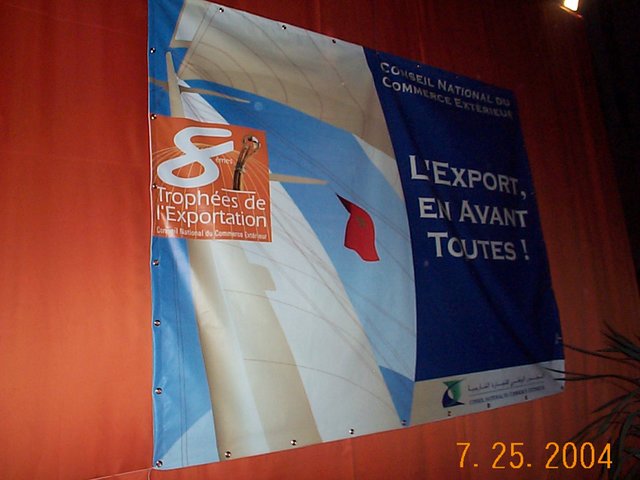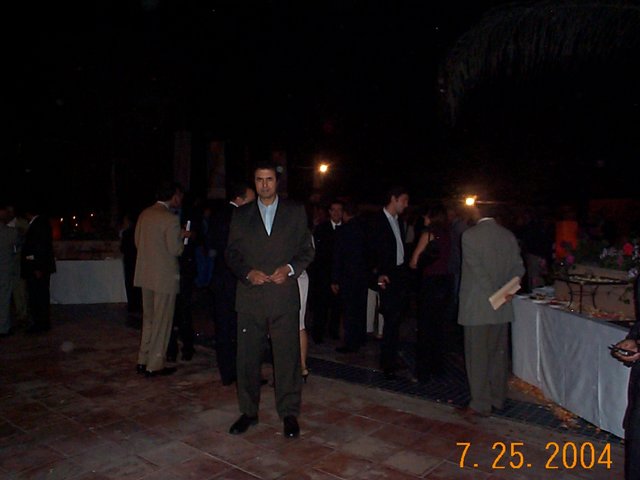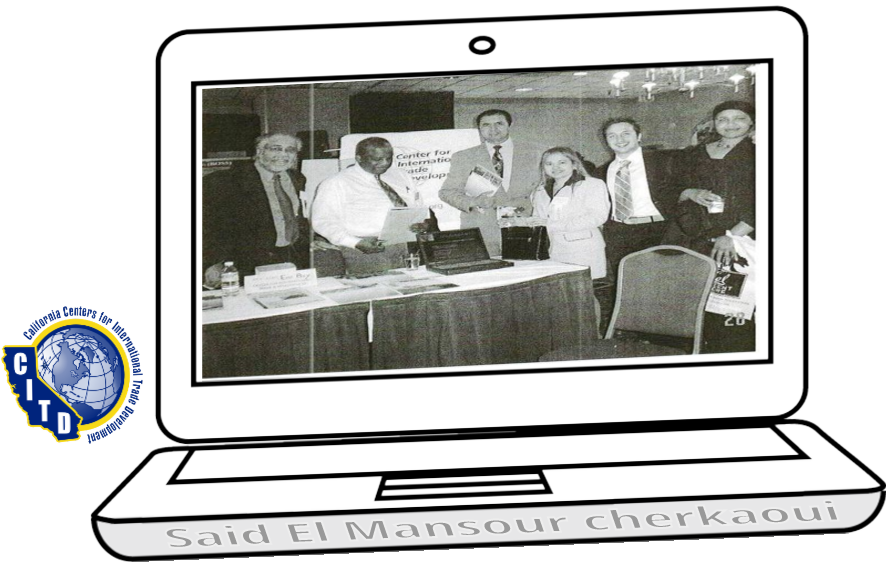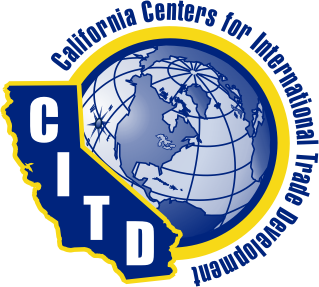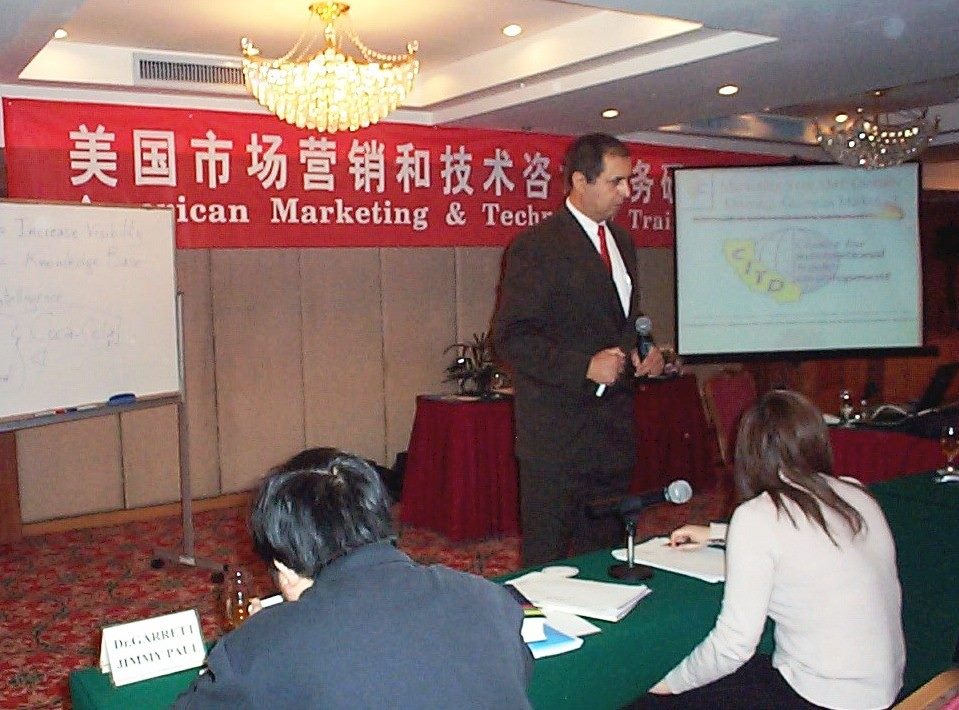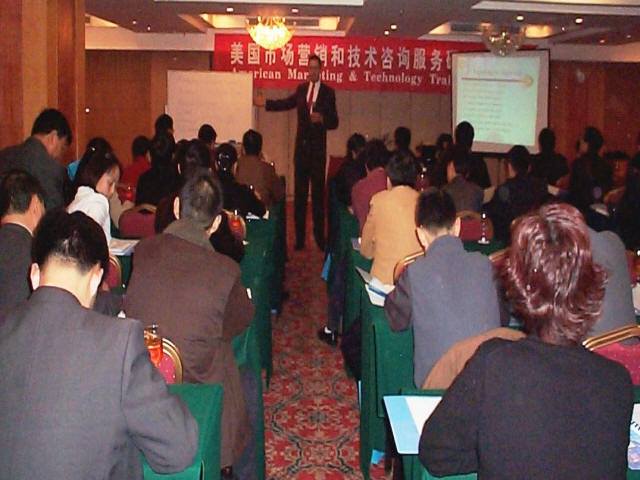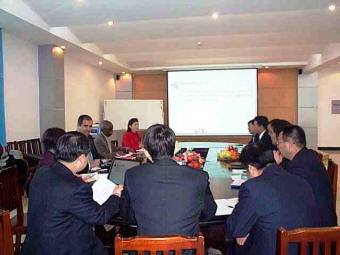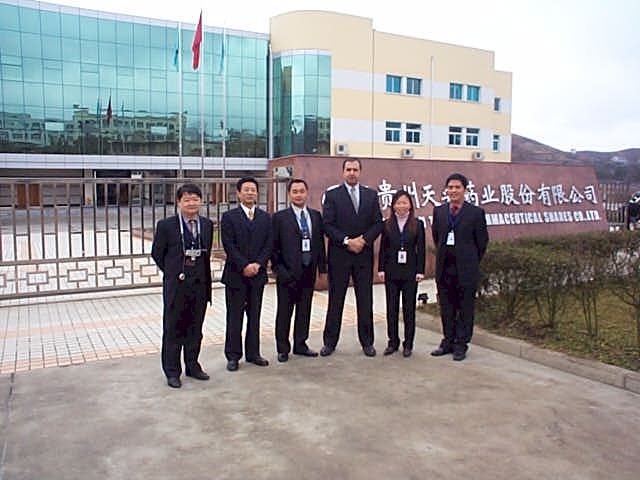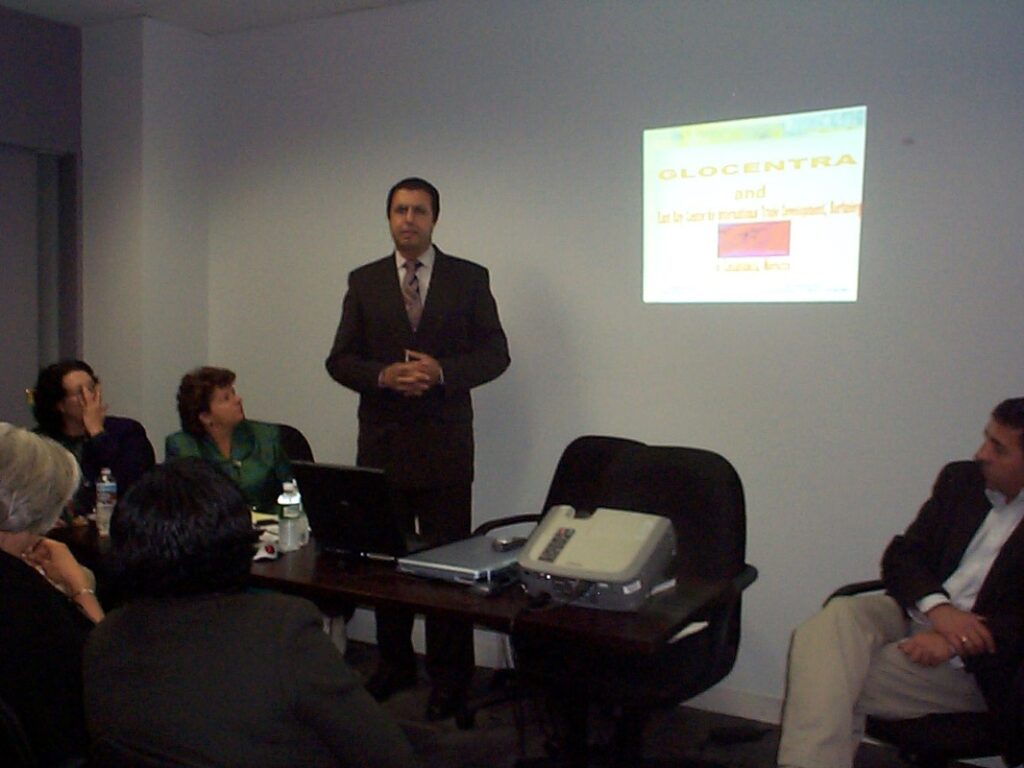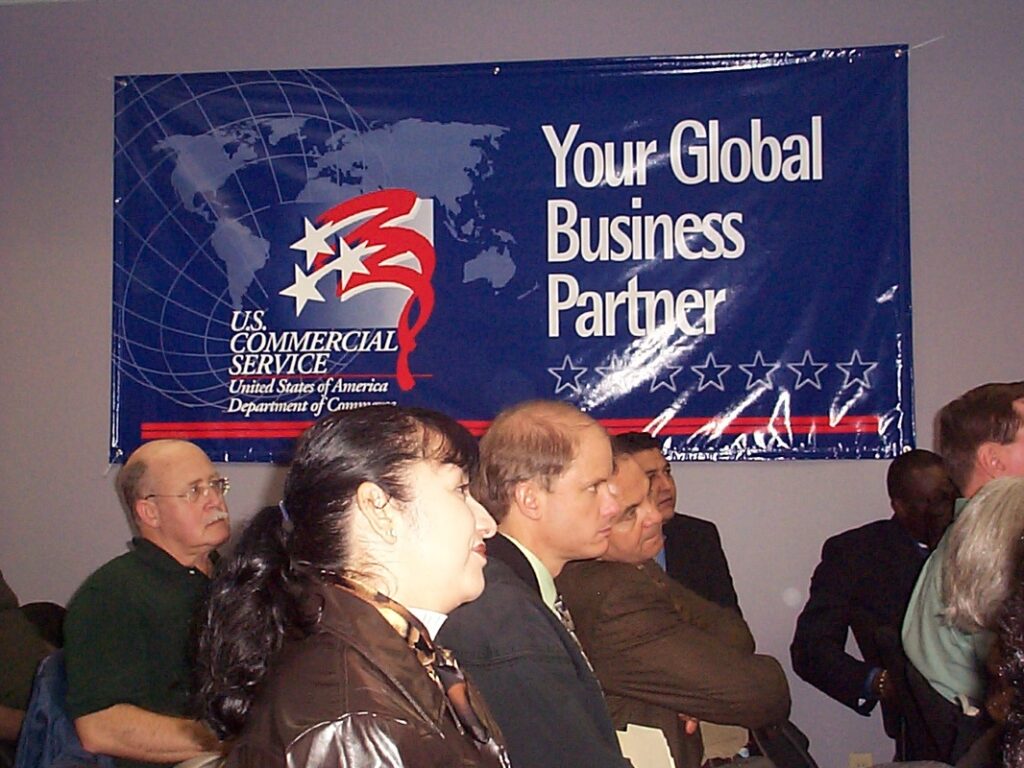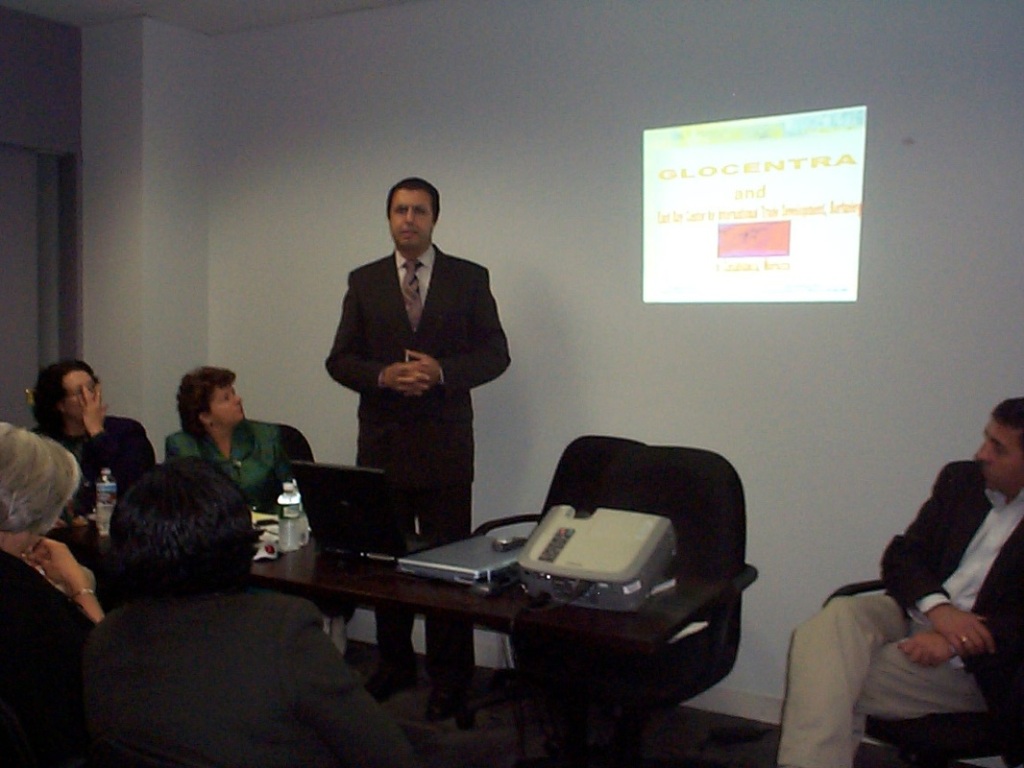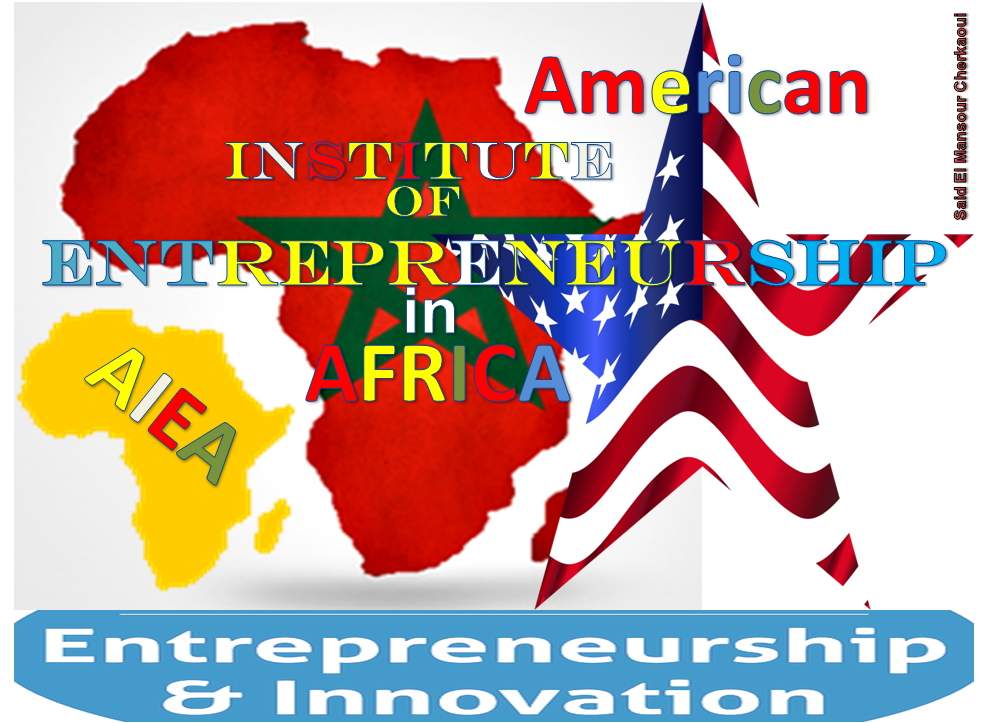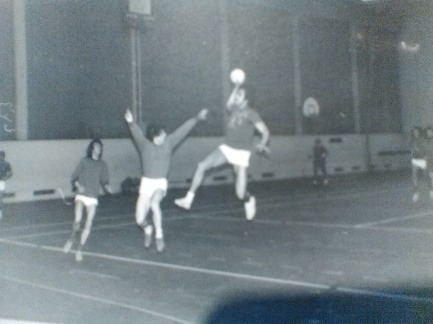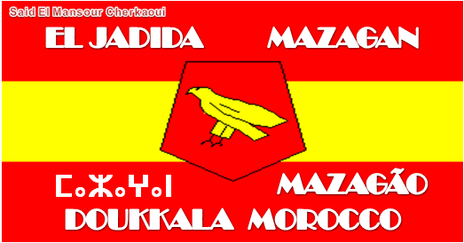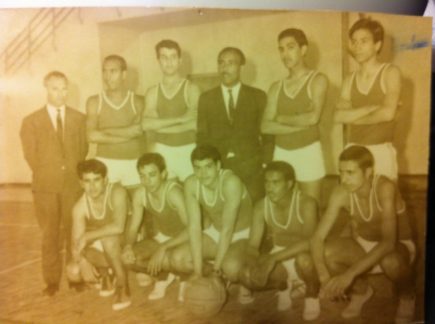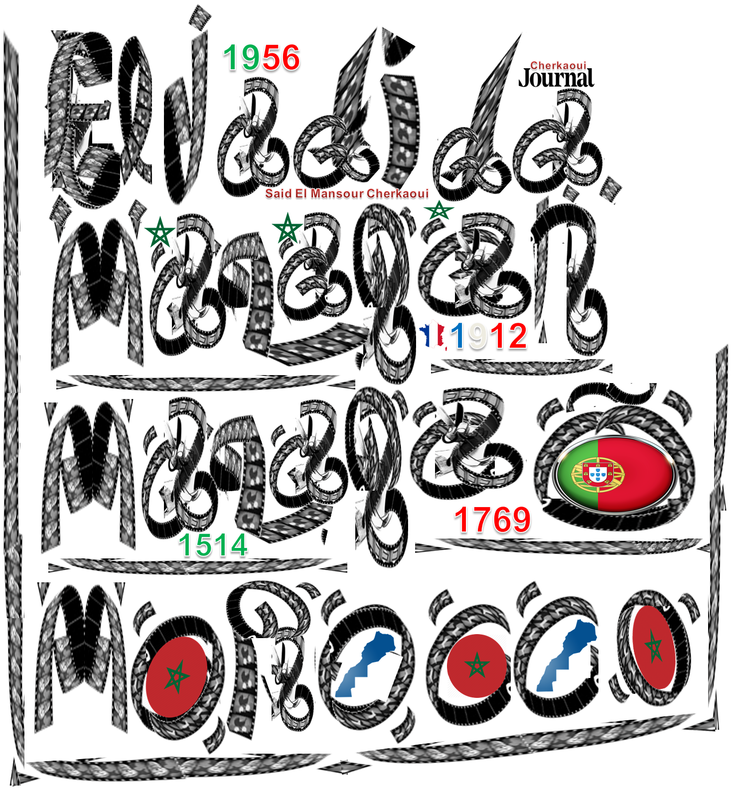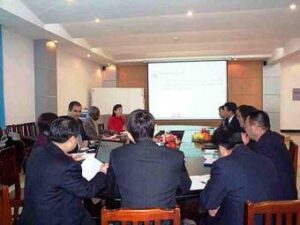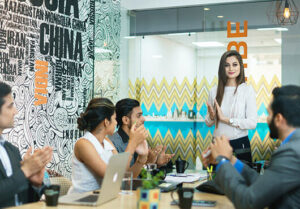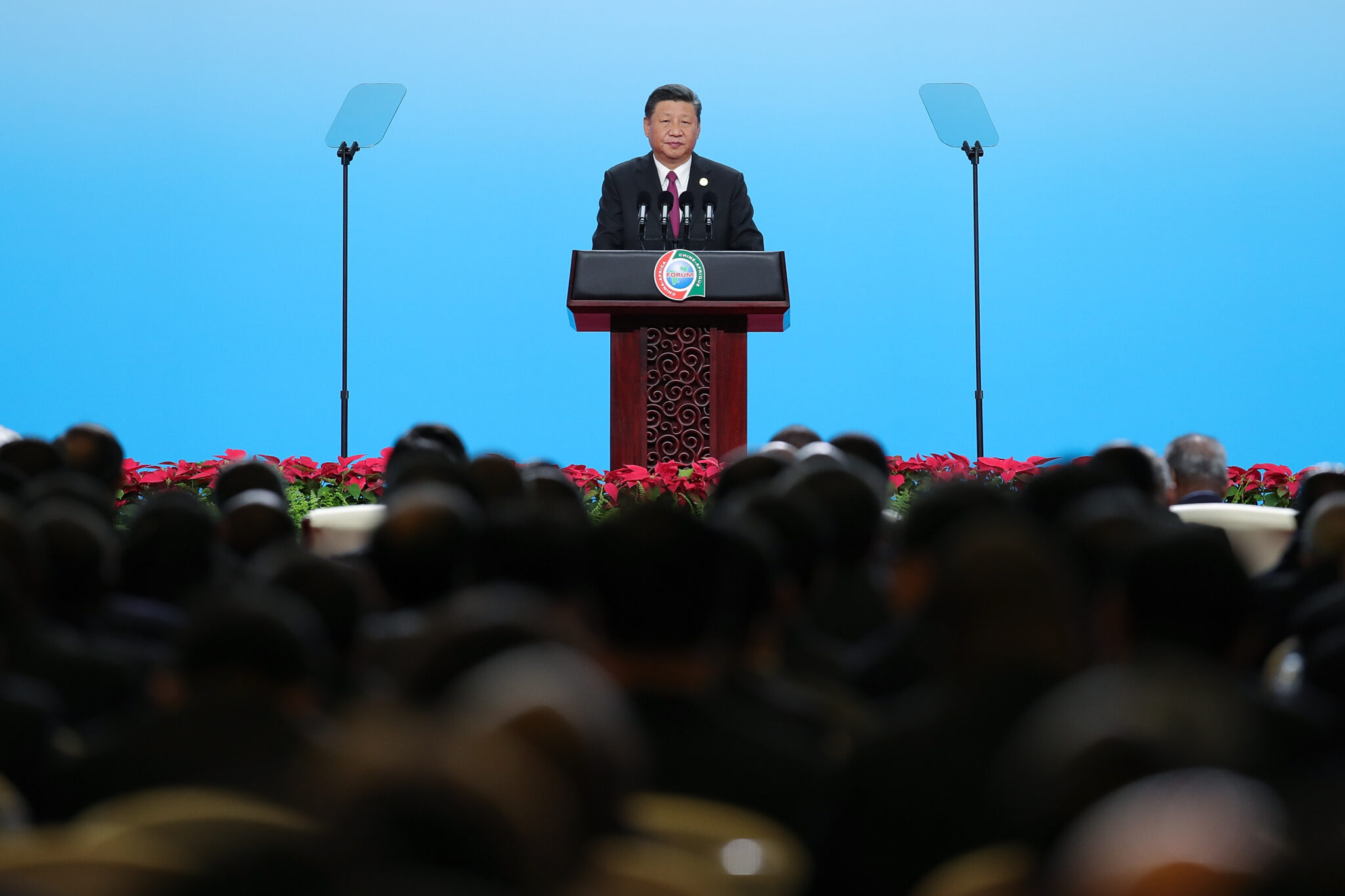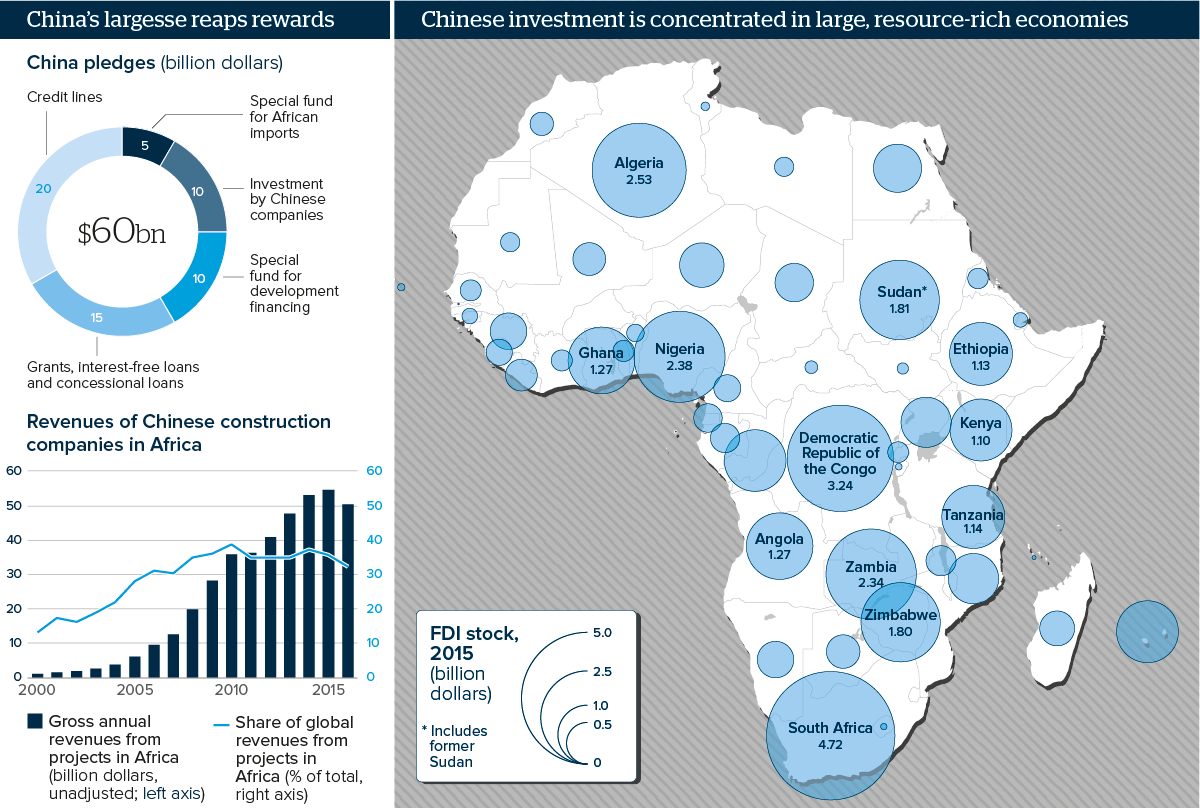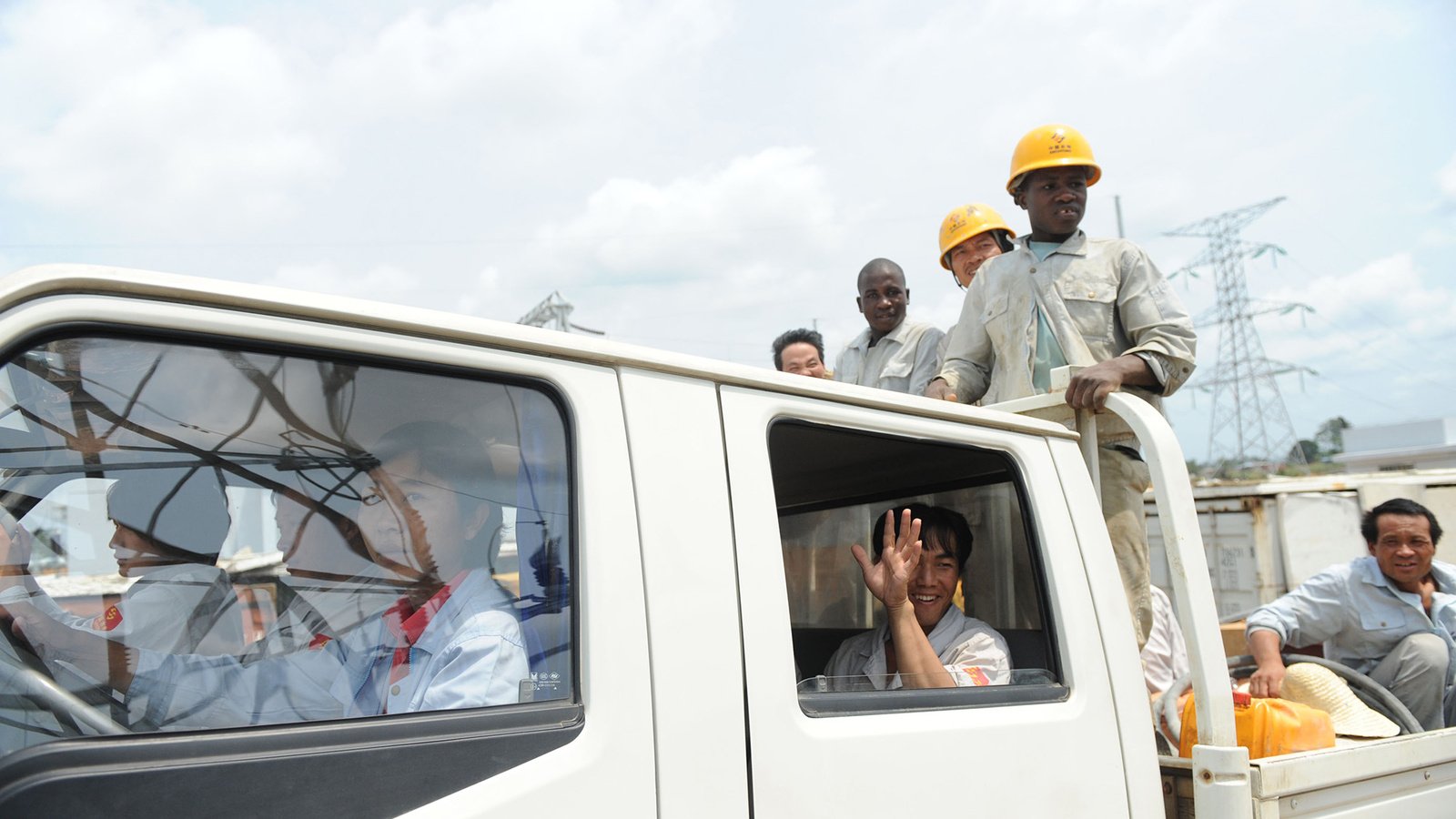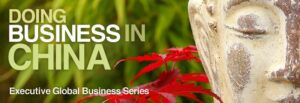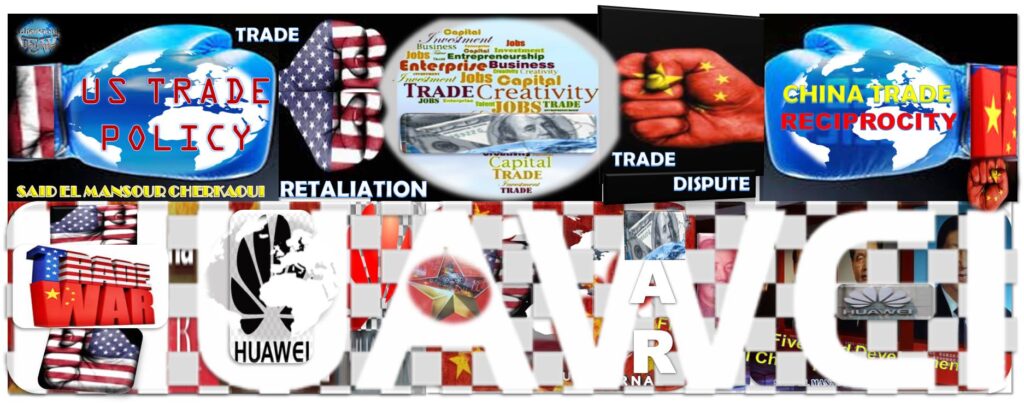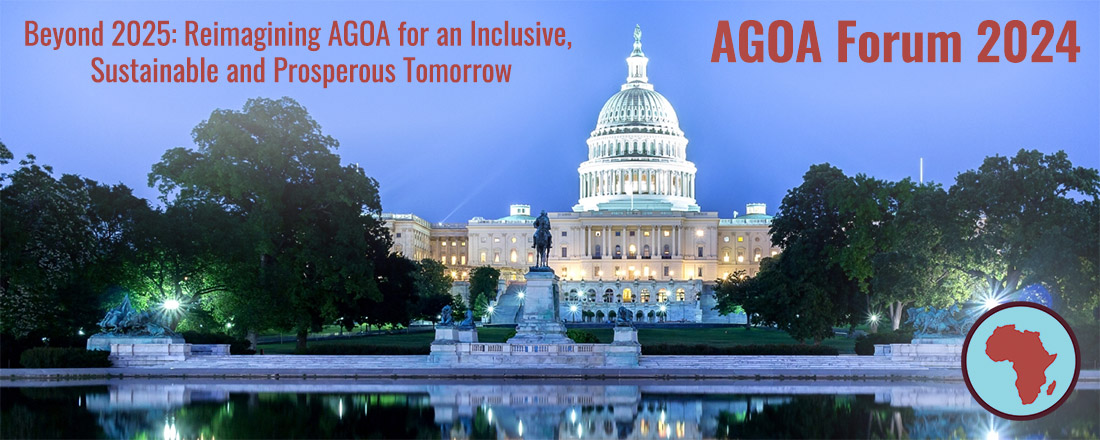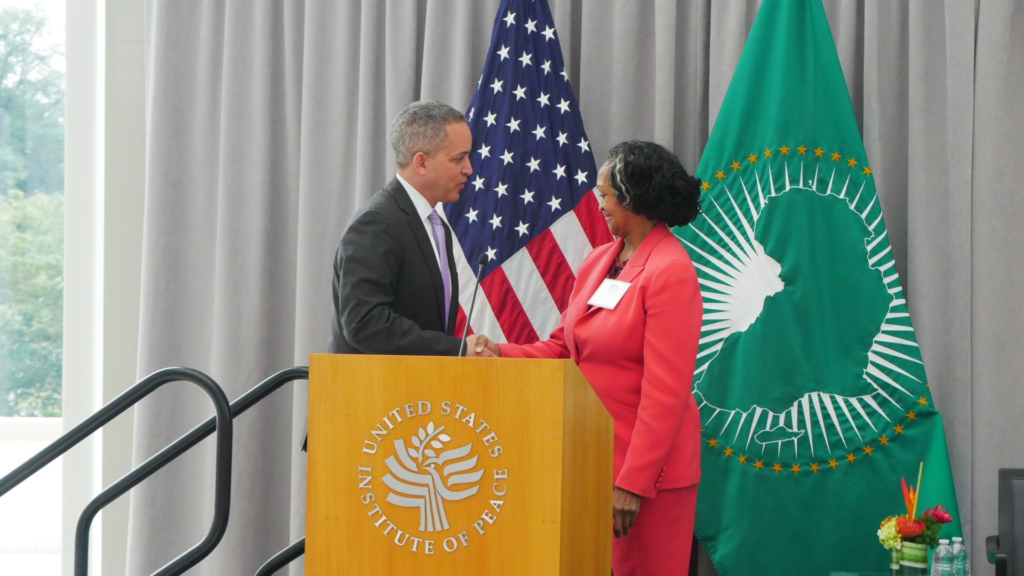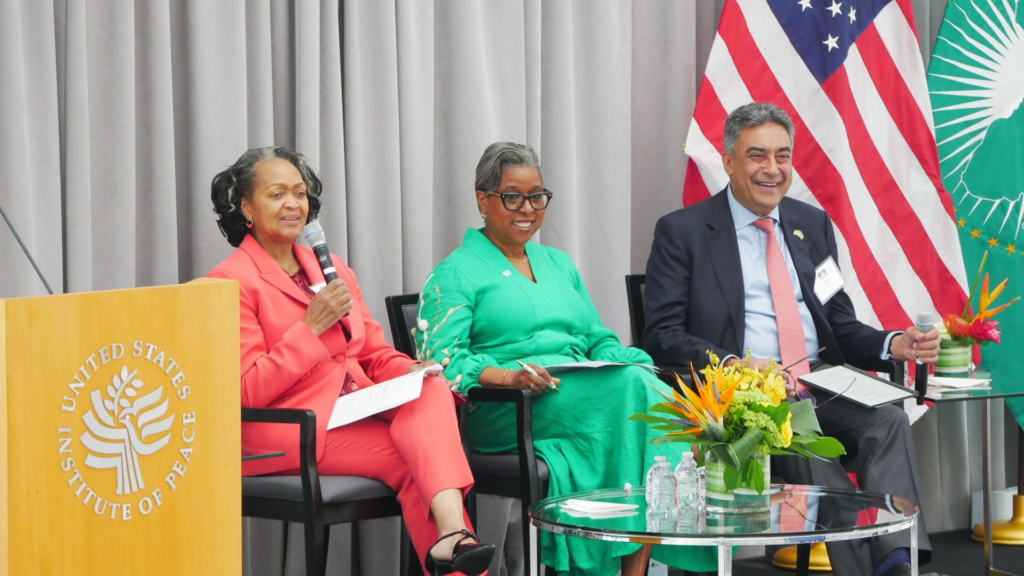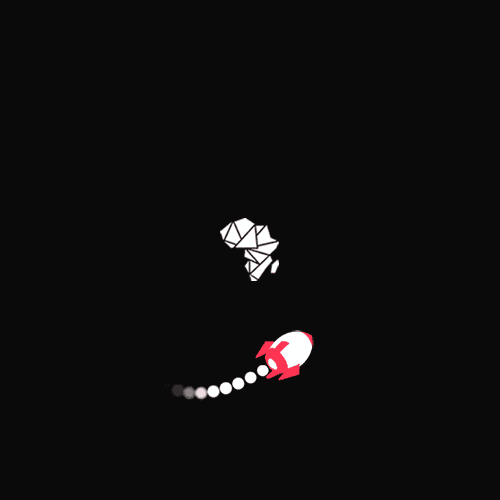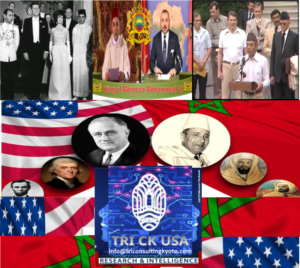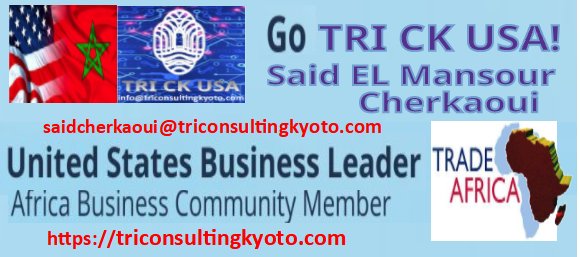saidcherkaoui@triconsultingkyoto.com – https://triconsultingkyoto.com
Updated on 10/10/2024 – Originally published and posted on May 16, 2023, and Updated on October 9, 2023 – 10/30/23

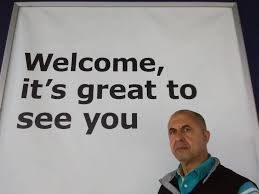



Drinking Sidi Ali and Driving Neo: All Made in Morocco

Nassim Al Musk Belkhayat Coming out of Morocco Not Elon Musk To the Attention of Nassim Belkhayat One of Moroccan’s World-Class Executives.
Neo is the first Moroccan Car produced by Moroccan Entrepreneur:
It seems that I am a lucky charm at the Good Hour
I configure a logo, I write inserts in an article that I publish on the Automotive Industry in Morocco:
Africa Business: Morocco and Global Auto Industry
Said El Mansour Cherkaoui October 9, 2023
In addition to the fact that I am a Doukkalais by birth and growth in the Capital of Doukkala – Mazagao – Mazagan – El Jadida and there as by chance of the destiny of a Tbourida-Fantasy-Fantasia, Mr . Belkhayat is thus awarded a Doukkalian confirmation from the hands of a Doukkalaise in this case #leiladoukkali [see photo of the presentation of the Trophy to Mr. Nassim Belkhayat below], yes there was a time when we said that:
“from the City of Azemmour to the Kariya of Fez” – “Min Madinate Azemmour Ila Kariyate Fes”
We understand why the reversal of history became another destiny for Doukkala, our Crème de la Crème transhuman from Doukkala to Fez, including the Chansonnier who reminded us of Ma Ini Ila Bachar looking for the branches of my Chajar.
No matter the time, no matter the place, the essential is the benefit of the good shared with others, the harmony of the spirit thought, and being of the destiny of the soul.
Nassim Al Musk Belkhayat Coming out of Morocco Not Elon Musk
To the Attention of Nassim Belkhayat One of Moroccan’s World-Class Executives.
Neo is the first Moroccan Car produced by Moroccan Entrepreneur:
Il parait que je suis un porte Bonheur a la Bonne Heure
Je configures un logo, je rédiges des insertions dans un article que je publies sur l’Industrie Automotive au Maroc:
Africa Business: Morocco and Global Auto Industry
Said El Mansour Cherkaoui October 9, 2023
En complément du fait que je suis un Doukkalais de naissance et croissance dans la Capitale de Doukkala – Mazagao – Mazagan – El Jadida et la comme par hasard du destin d’une tbourida, Mr. Belkhayat se voit ainsi décerner une confirmation a la Doukkalienne des mains d’une Doukkalaise en l’occurence #leiladoukkali [voir photo de la remise du Trophée a Mr. Belkhayat ci-dessous], eh oui il fut un temps que l’on disait que:
“de la Ville d’Azemmour a la Kariya de Fès” – “Min Madinate Azemmour Ila Kariyate Fes”
On comprend pourquoi le renversement de l’histoire devint un autre destin pour Doukkala, notre Crème de la Crème transhuma de Doukkala à Fès, y compris le Chansonnier qui nous rappelait Ma Ini Ila Bachar looking for the branches of my Chajar.
Qu’importe le temps, qu’importe le lieu, l’essentiel est le bienfait du bien partagé avec les autres, harmonie de l’esprit, pensée et être du destin de l’âme.

Diaspora of African Executives: https://www.linkedin.com/groups/14248881/
#Morocco @Carindustry #Automotive #MadeinMorocco #Neo #Saidelmansourcherkaoui #Trickusa #Triconsultingkyoto
Leila Doukkali Presenting the Trophy to Mr. Nassim Belkhayat


Nassim Belkhayat is an Active Member of the World-Class EcoSystem with his Innovative 100% Moroccan Driving Machine NEO MOTORS; he is also One of our First Member at our Group: Diaspora of African Executives.

Proud to count Nassim Belkhayat among peers and acquaintances of Diaspora of African Executives.
In the Name of our Group and moroccodigitall.com News Report Staff, we address to you our Congratulations for your continual progress and achievement toward reaching the peak of success for the Automobile Marocana “NEO MOTORS” MADE IN MOROCCO

La Koutoubia Transports H. Cherkaoui
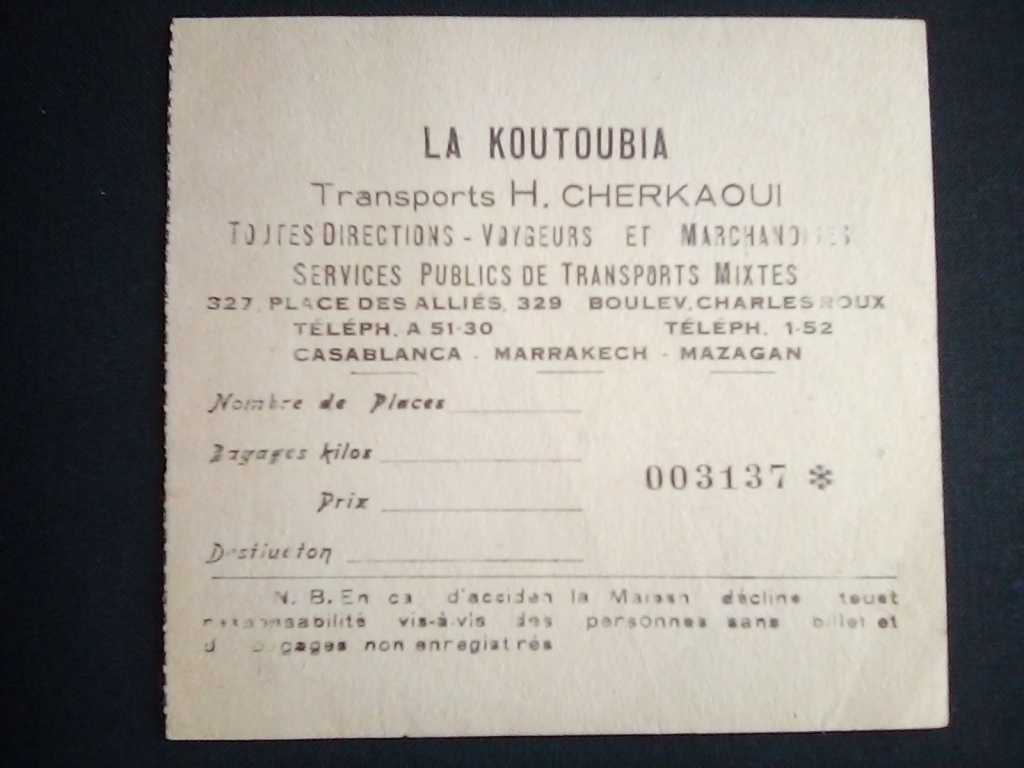
This Travel Ticket is from 1920

by Said El Mansour Cherkaoui
Contact: saidcherkaoui@triconsultingkyoto.com

A series of articles and analyses on the continual globalization of the automotive industry which is tested by internal and multipolar competition as well as international imposing is looking not only for new outlets but above all for new production methods, new locations, and other supplies and a dowser by equipment manufacturers. This new composition of the automobile industry was and continues to be guided by the realization of productions relatively less expensive and more competitive than the international scale.
Thus globalization and the integration of advanced robotic production techniques have allowed the relocation of car manufacturing companies without having to adapt to the cultural environment the local operational conditions or even the degree of development of the place, region, and country where the car producers settled.
The profit margin achieved is increased by the reduction of wage costs, the rolling of the rights and social benefits given to the workers are supplemented by favors and facilities granted by the host country which play the role of magnet of attraction for the automobile manufacturers.
The second challenge is internal and specific to the emergence of electric cars which have managed to establish themselves as a serious alternative to traditional models using gasoline or diesel as fuel. Thus, the global automotive industry is currently distinguished by an international and national strategy characterized by change and continuity
Globaloganization of Renault Development Strategy: Said El Mansour Cherkaoui
Lire comment Renault a retrouver une position pole de leader en appliquant une nouvelle stratégie de délocalisation et de redéploiement qui harmonisa a la fois la création de hub internationaux connectés et une espace de vente basé sur la production du même modèle et une gamme d’entrée standard: Logan
Executive Briefing: This article presents the drive of Renault from the edge of bankruptcy to the rise of its model Logan to international prominence, fame and success. At the same time, Renault concentrated its production in countries that have been considered by the major car manufacturers as solely a marketplace and not the location of their production. Cette résurrection de Renault coïncida avec une rupture dans la volonté des décideurs nationaux des pays d’accueil de conduire leurs économies dans la voie du développement généralisé national. Dorénavant, le libéralisme idéologique et sa traduction opérationnelle sous forme du Développement Durable privilégient et accordent la primauté a des politiques conjoncturelles basées sur l’attractivité et l’implantation des créneaux industriels et a des productions sectorielles complémentaires pour la stimulation de la création de l’emploi, l’attrait des producteurs des composants mécaniques et la stimulation des exportations.
Renault Globaloganization
Automotive Industry, Morocco – Maroc, Renault
Published on December 19, 2015 Said El Mansour Cherkaoui, Ph.D.★ ★ 79 articles Executive Briefing: This article presents the drive of Renault from the edge of bankruptcy to the rise of its model Logan to international preeminence, fame and success. At the same time, Renault concentrated its production in countries that have been considered by the major car manufacturers as solely a marketplace and not … Continuer de lire Renault Globaloganization
Globaloganization of Renault Development Strategy
Maroc Numérique et Industrie Automobile
TRI CONSULTING KYOTO TRI CK USA – Said El Mansour Cherkaoui – AFRICA – AFRIQUE – ÁFRICA – أفريقيا – 非洲, MAROC, TECHNOLOGIE ET INNOVATION Initialement publiee le 28/06/2018 : Digital Made in Morocco: Écosystème, Économie du Savoir et Industrie Automobile L‘analyse présente est faite en 2 parties complémentaires: Digital Made in Morocco: Écosystème, Économie du Savoir et Industrie Automobile Première Partie: Digital Made in Morocco: Écosystème, Économie du Savoir … Continue reading Maroc Numérique: Écosystème, Économie du Savoir et Industrie Automobile
Digital Made in Morocco: Écosystème, Économie du Savoir et Industrie Automobile
Première Partie: Digital Made in Morocco: Écosystème, Économie du Savoir et Industrie Automobile – Dr. Said El Mansour Cherkaoui
★ CHRONIQUE 🌎 CHERKAOUI ★ – L‘analyse présente est faite en 2 parties complémentaires: Première Partie: Digital Made in Morocco: Écosystème, Économie du Savoir et Industrie Automobile Le Maroc doit faire face a une économie mondiale centrée sur l’exploitation commerciale du savoir, en l’occurrence l’innovation et le développement de secteurs a haute valeur ajoutée dont l’utilisation de l’intelligence artificielle augmente la … Lire la suite
Deuxième Partie: Digital Made in Morocco: Économie du Savoir et Changement Industriel
Dr. Said El Mansour Cherkaoui

MAROC DIGITALL – L‘analyse présente est faite en 2 parties: Digital Made in : Écosystème, Économie du Savoir et Industrie Automobile – MAROC CROISSANCE L’analyse présente est faite en 2 parties complémentaires: Première Partie: Digital Made in Morocco: Écosystème, 28 JUIN 2018 … Continuer de lire New Strategic Drive for Development More you hear it, More Noise will come from it! Silence ! On tourne ! Action ! Time is the Essence of Action ! Time of the Transfer of Know-How and Technology is no more of the present. October 28, 2022 … Initialement publié: 11.12.2017 … Lire la suite

https://bagnolecherkaoui.wordpress.com/category/morocco-maroc
Globalisation and Delocalisation of EV and Battery Production
TRI CONSULTING KYOTO TRI CK USA – Initially published – September 25, 2023, 3:43 am – updated June 28, 2024 🌍RISE OF CHINESE CARS OUTSIDE OF CHINA The race to win: How automakers can succeed in a post-pandemic China – August 13, 2021 | Report 🚗 Said El Mansour Cherkaoui Ph.D. … Continue reading Globalisation and Delocalisation of EV and Battery Production
Automotive Industry: Regional Versus International Strategy
Said El Mansour Cherkaoui June 21, 2023, N.B.: Frontpage picture of the Blue Car in the First Floor Parking taken by Said El Mansour Cherkaoui … Continue reading
Chinese electric vehicle (EV) maker Nio has unveiled the first car from its new lower-priced brand Onvo, in a direct challenge to Tesla’s best-selling car. May 15, 2024

Beyond Dream – BYD
Formerly written off by Elon Musk, the Chinese BYD proved its detractors wrong by becoming the world’s leading seller of electric vehicles in July 2022, after having sold 641,000 vehicles in the first half of 2022, almost 80,000 more electric vehicles than Tesla .






On Monday, July 1, 2024, BYD reported EV sales of 426,000. That is 21% more than a year ago, as BYD continues to close the gap on Tesla. In the fourth quarter, BYD briefly passed Tesla in global EV sales.
Although it has gained a strong foothold in the electric vehicle market, BYD began life as a rechargeable battery manufacturer in 1995 and in 2021 built a new factory in Chongqing, China to produce its blade batteries, which are thinner and longer than conventional lithium batteries ion cells.
Blade batteries are also considered the safest EV batteries because they are much less likely to catch fire in the event of an accident. They are also 50% smaller than other battery packs, resulting in lighter, more efficient electric vehicles.
There appear to be no hard feelings between the Chinese giant and Elon Musk: BYD Executive Vice President Lian Yubo now claims that BYD is “good friends” with Mr. Tesla and plans to supply his company batteries for electric vehicles.

Tesla Motors: Driving News, Dance, and Transe Moves
Tesla finally unveiled its Robotaxi and larger Robovan at an event Thursday [10/10/24] night, following several years of hype and delays. CEO Elon Musk said the car — with no pedals or steering wheel — would be able to drive itself without supervision. He offered “no details” about where the Cybercab would be made, but said customers will be able to buy it — hopefully before 2027 — for under $30,000. While Musk expects it to rake in trillions, some experts doubt the cars will hit the roads anytime soon, pointing to previous delays. Investors, meanwhile, showed some disappointment around the lack of details.
Chinese Competition on the Top and Under the Hood of Tesla
Said El Mansour Cherkaoui – Chinese competition on the Top and under the hood of Tesla

Tesla Motors: Driving News, Dance, and Transe Moves – BAGNOLE CHERKAOUI 1920 – 24 – Tesla Global Car Development and Local Energy Production🌐 BAGNOLE CHERKAOUI 1920 – 24 AVRIL 14, 2019 – 11/24/2021 Said El Mansour Cherkaoui and 7/20/2024 🌐 … Lire la suite – Tesla Motors: Driving News, Dance and Transe Moves



Tesla’s tactic of pruning back prices this year is beginning to bear fruit. The electric vehicle maker enjoyed a five percent sales increase in the first quarter and delivered a record 422,875 vehicles, which was just below Wall Street’s estimates. The company has addressed the long waits — typically driven by limited production capabilities — that have often marked the buying experience by ramping up outputs at plants in Austin, Texas, and in Germany. Still, some analysts are concerned about whether Tesla can maintain its growth without further price cuts.
- Tesla’s first-quarter deliveries represent a 36% increase compared to the same period last year and 4% more than its previous quarter. Its previous delivery record was roughly 405,000 cars in one quarter.
- Tesla recently issued a recall for 35 of its electric Semis over a faulty parking brake.
- The company is also facing a probe from the National Highway and Traffic Safety Administration over malfunctioning seat belts.
- Tesla shares fell as much as 5% Monday morning.

Invest in Morocco – Renault
Investing in Morocco – Opportunities for growth and a dynamic environment to do business Bridge to Europe, Bridge to Europe, Gateway to Africa, Gateway to Africa and the Door to the Mediterranean Portal for the Mediterranean and Window to the Atlantic. To find out more Morocco Initially, there was the Emergence Plan, initiated following … Lire la suite « Invest in Morocco – Renault »


TOYOTA TAKEOVER
For the first time since 1931, G.M. has been outsold in the U.S. by Toyota. Both companies sold over two million vehicles.
TOYOTA TAKEOVER: For the first time since 1931, G.M. has been outsold in the U.S. by Toyota. Both companies sold over two million vehicles. pic.twitter.com/KaYifVznd4
— CBS Evening News (@CBSEveningNews) January 5, 2022
BMW Robotechuman Assembly Line
An assembly line is a production process that breaks the manufacture of a good into steps that are completed in a pre-defined sequence. Assembly lines are the most commonly used method in the mass production of products. They reduce labor costs because unskilled workers are trained to perform specific tasks.
TRI CK USA achievements around the World
TRI CONSULTING KYOTO TRI CK USA – Said El Mansour Cherkaoui, a well-known scholar and analyst, has provided valuable insights into the relationship between the United States and Morocco. Here are some key points from his analysis: Morocco ★ USA ★ Morocco ★ California★ Articles on Morocco ★ USA Relations ★ Dr. Said El Mansour Cherkaoui … Continue reading TRI CK USA achievements around the World











